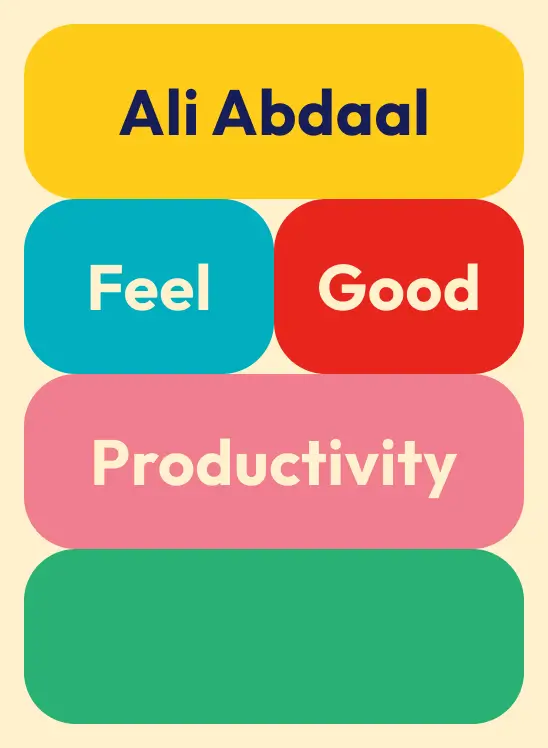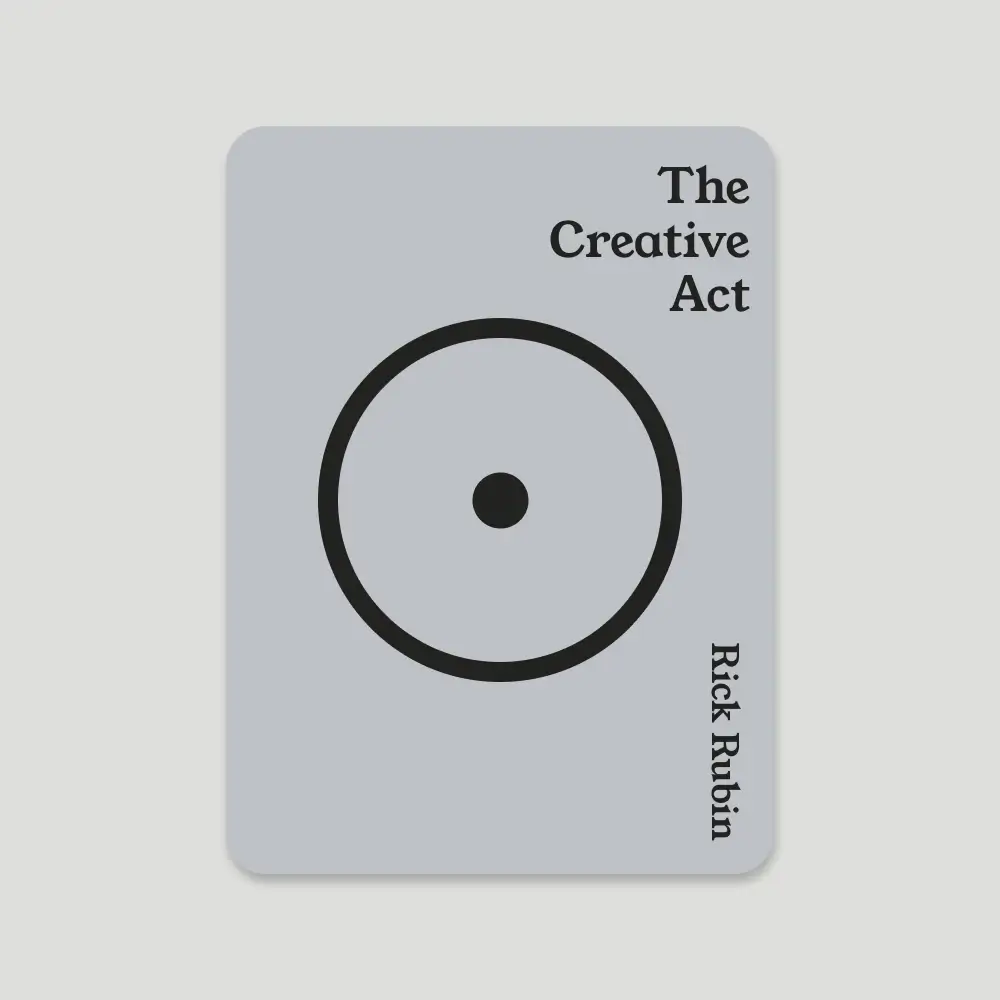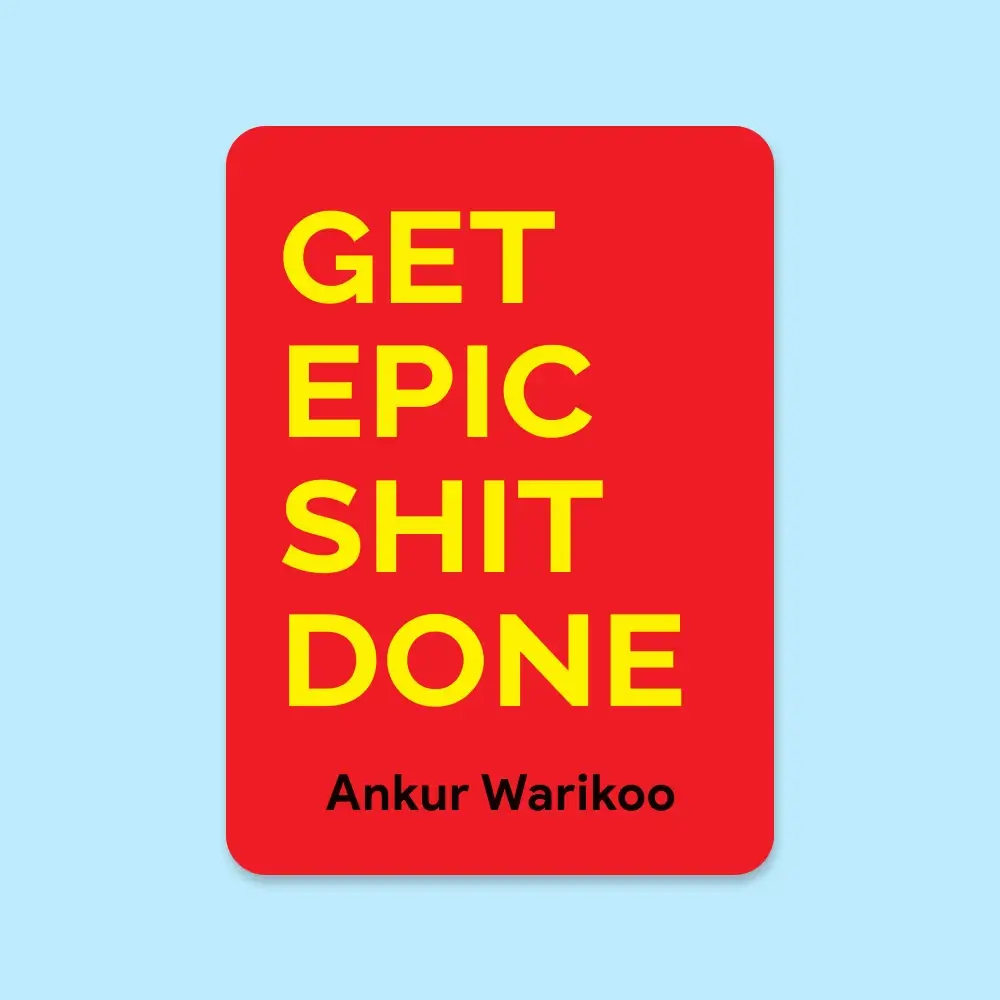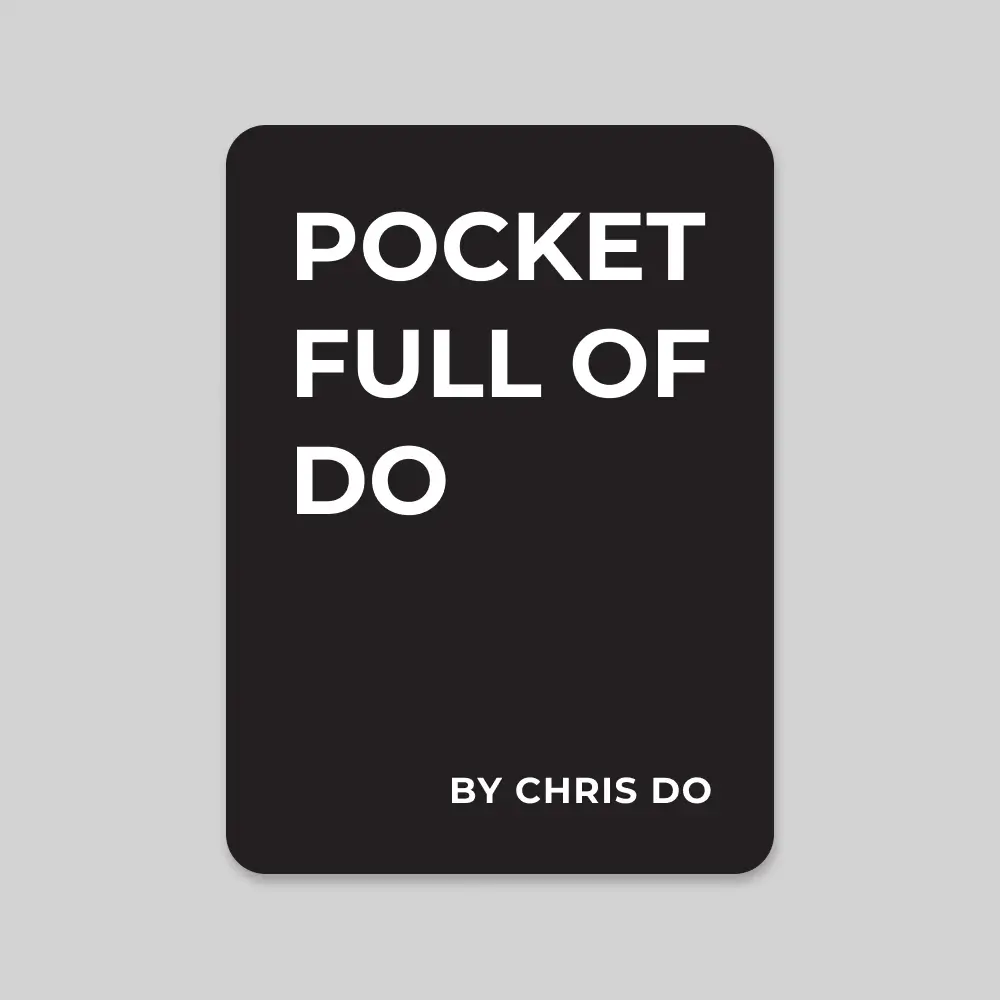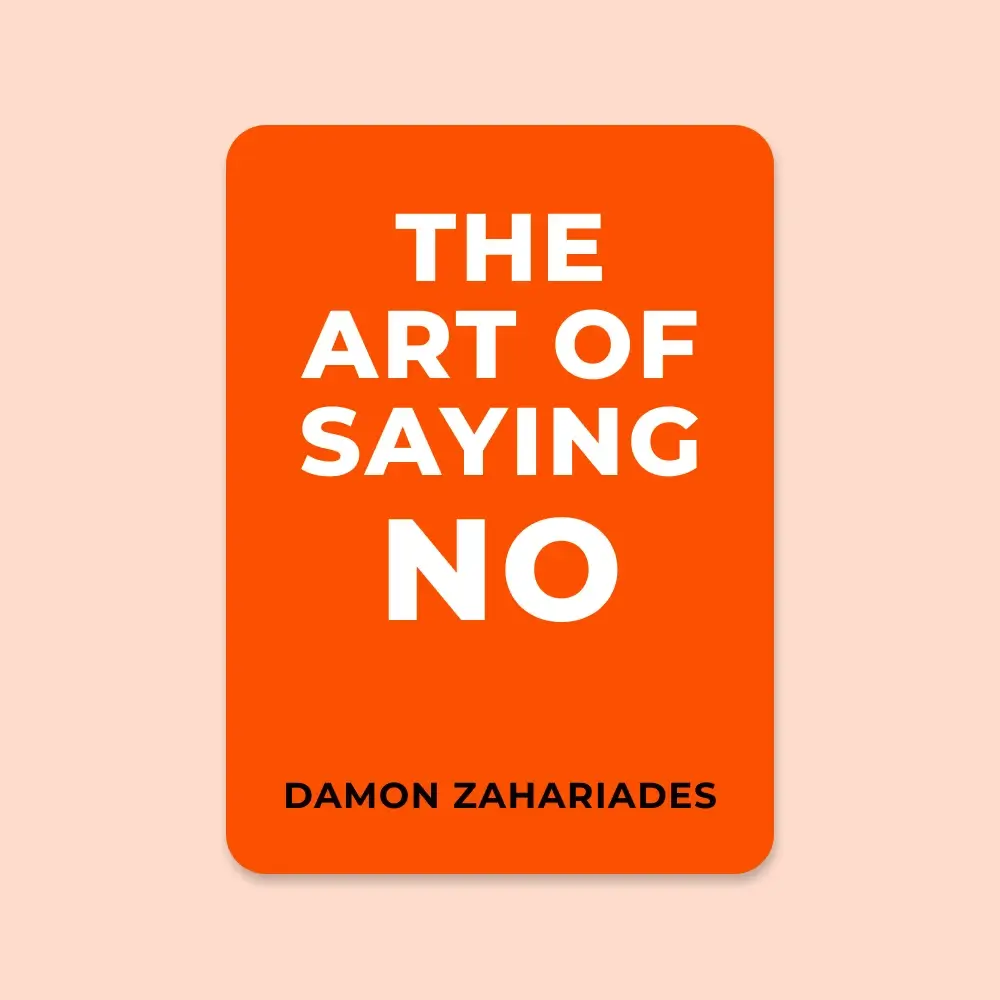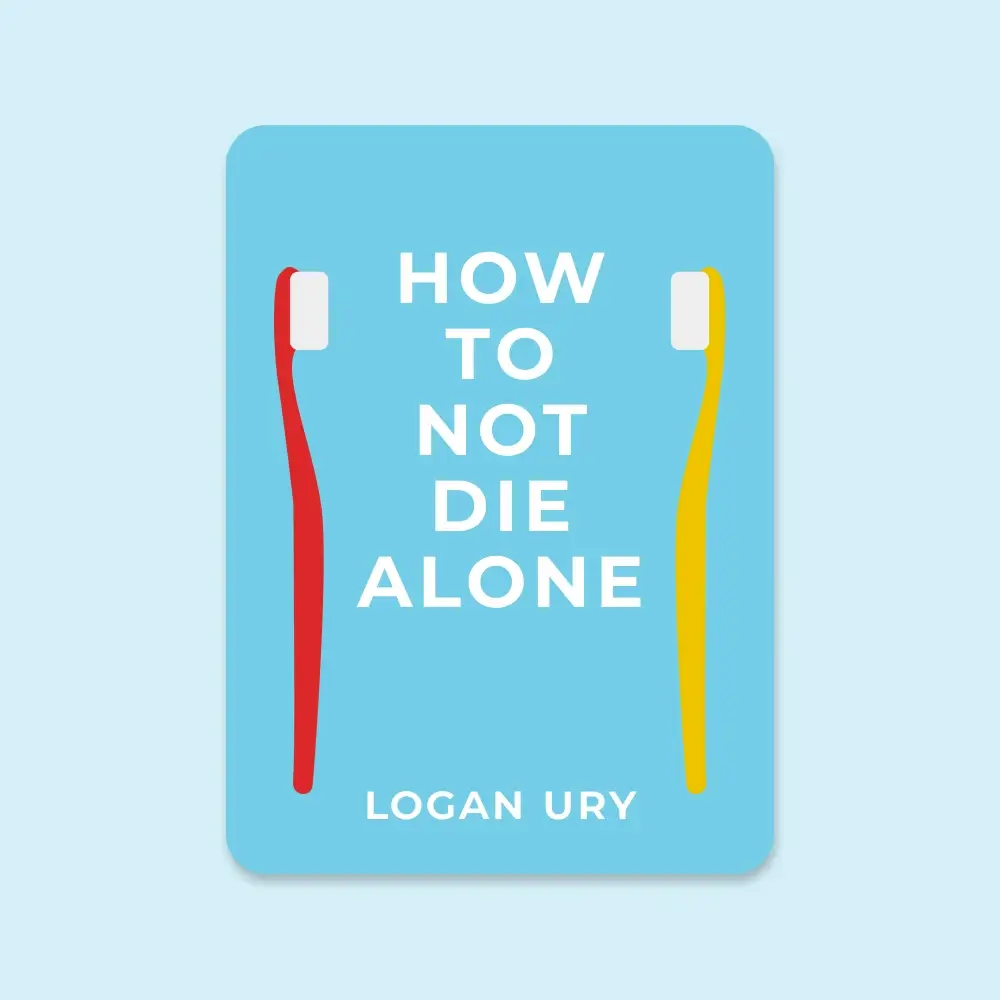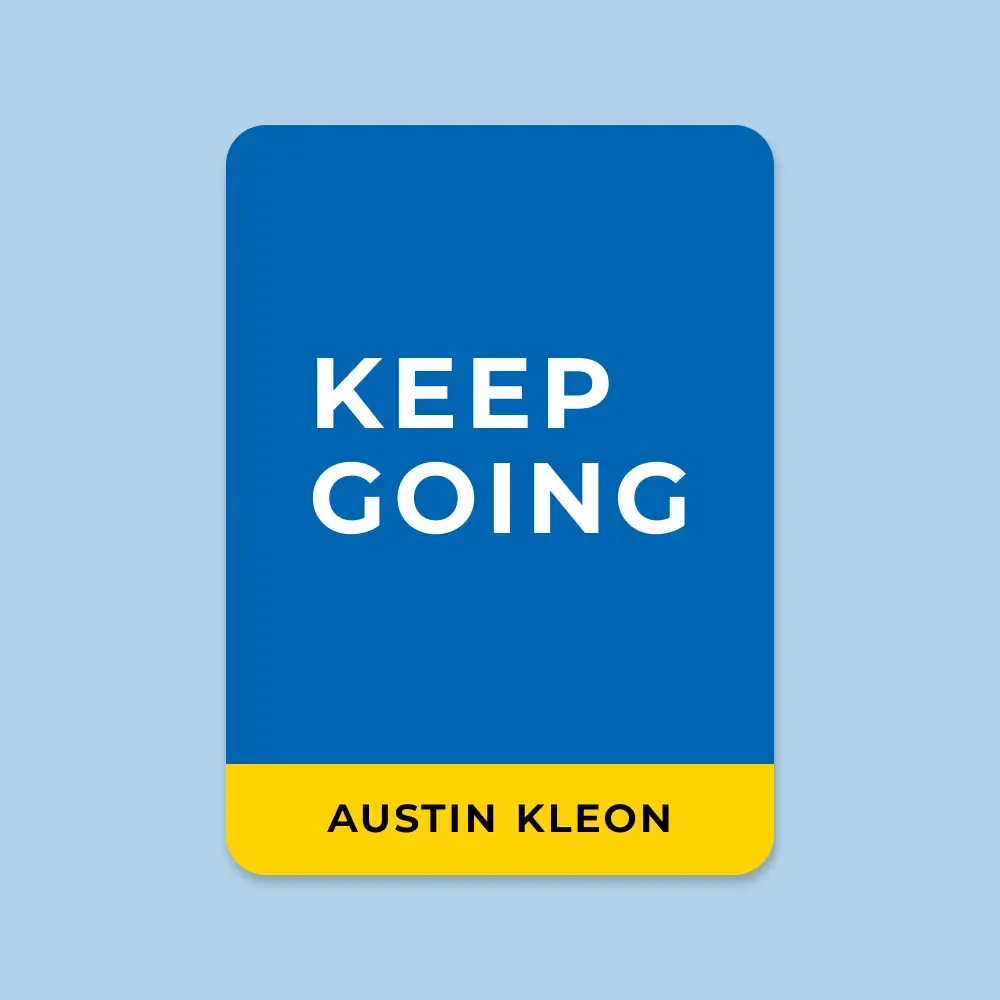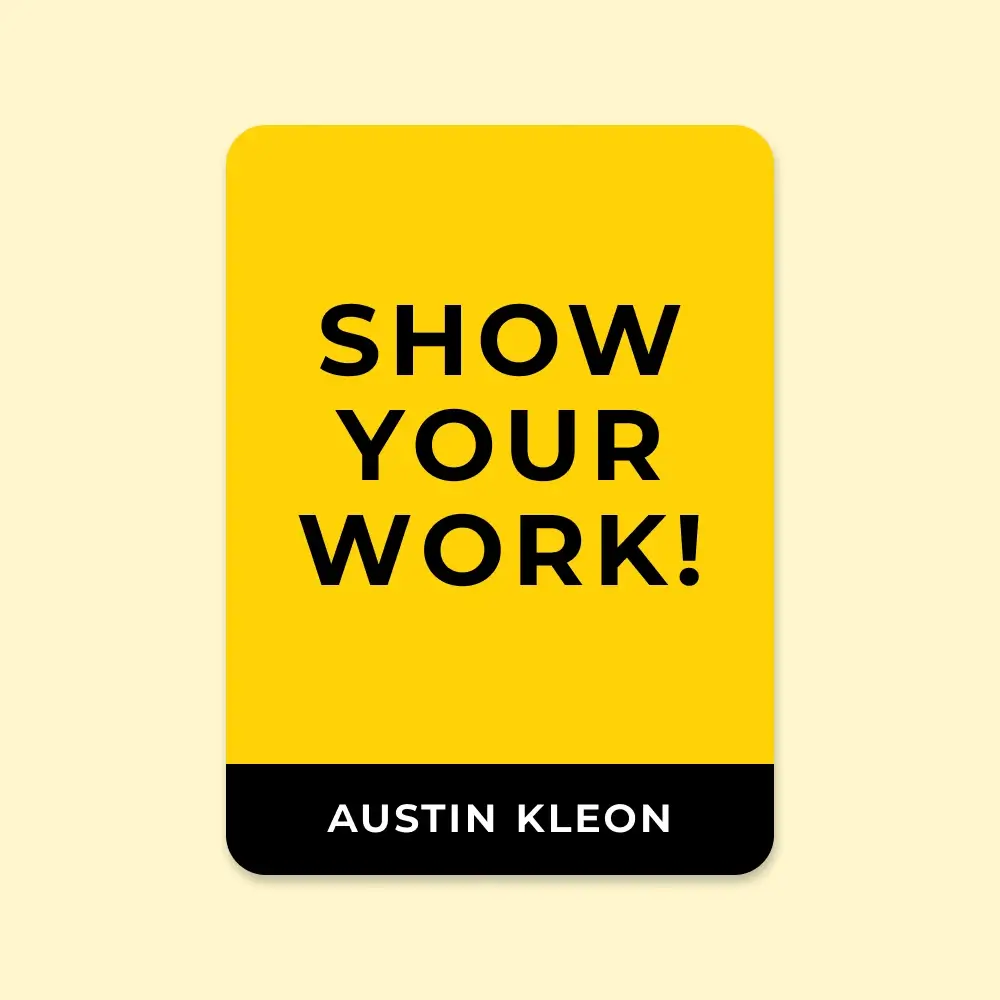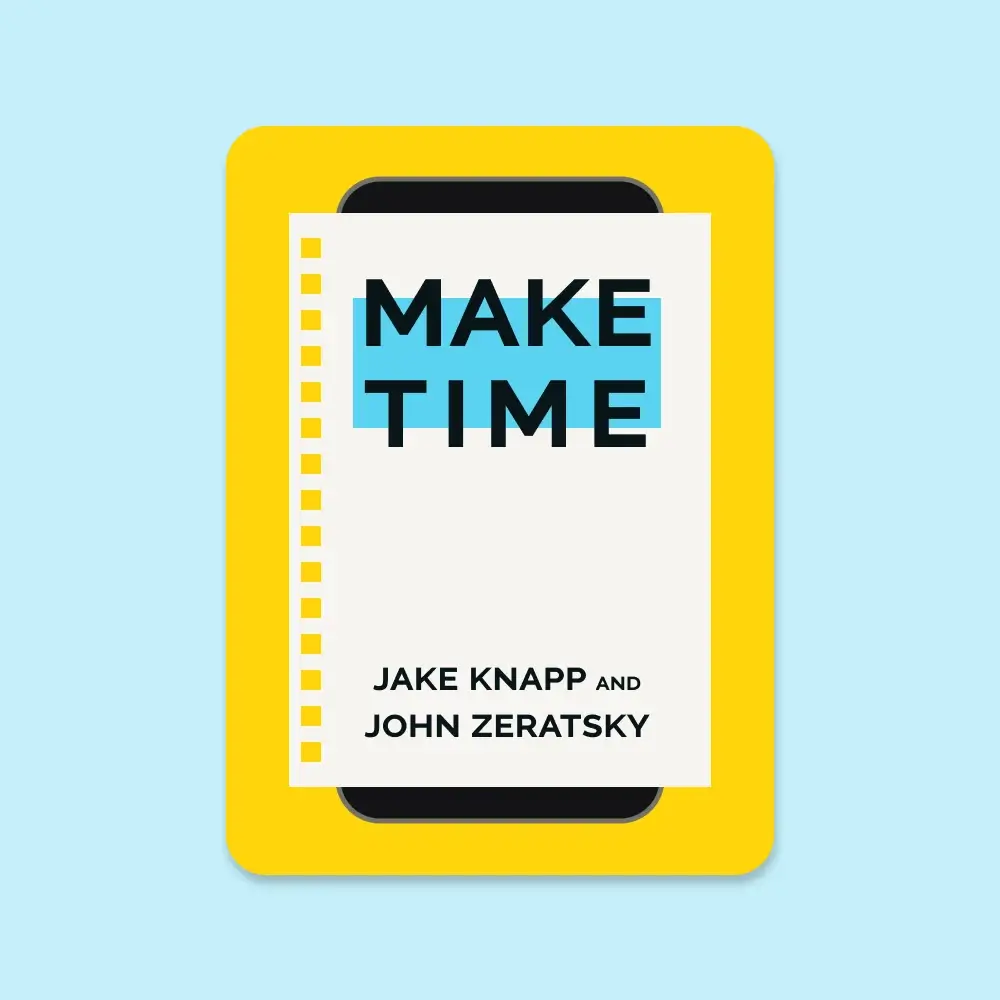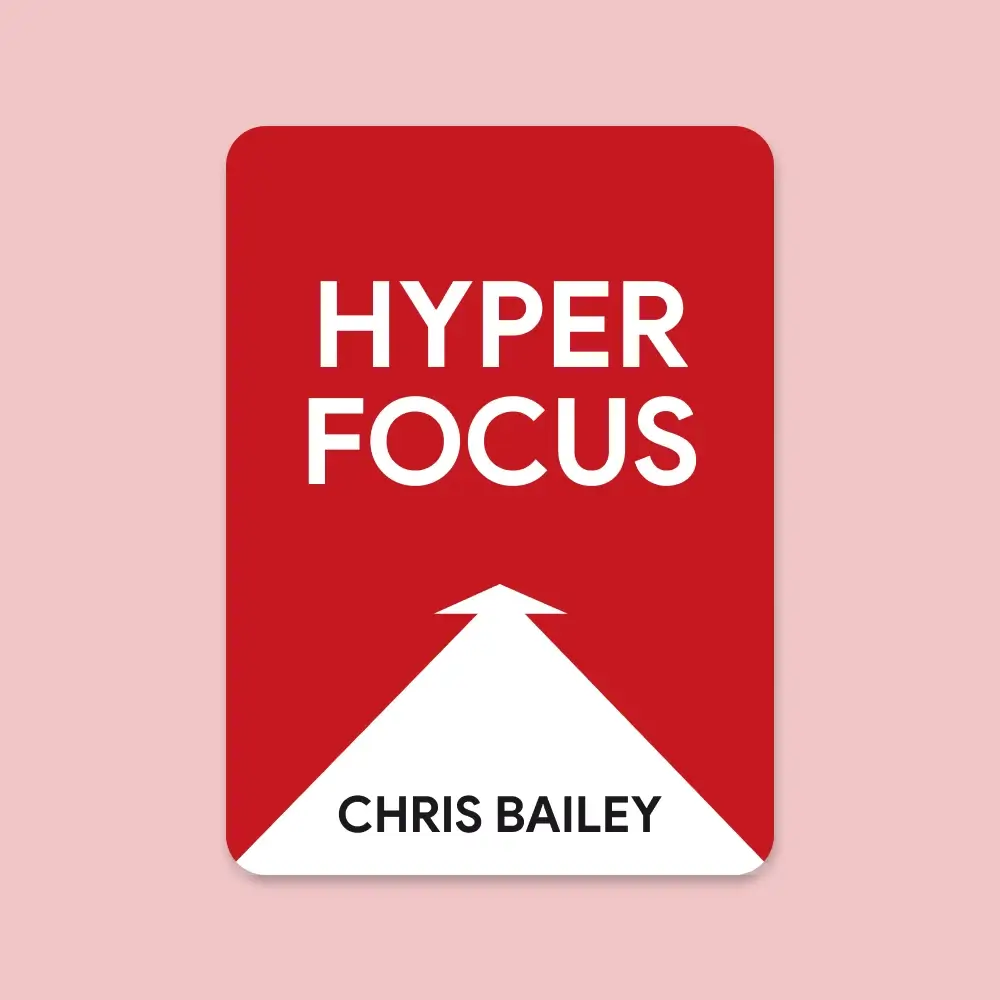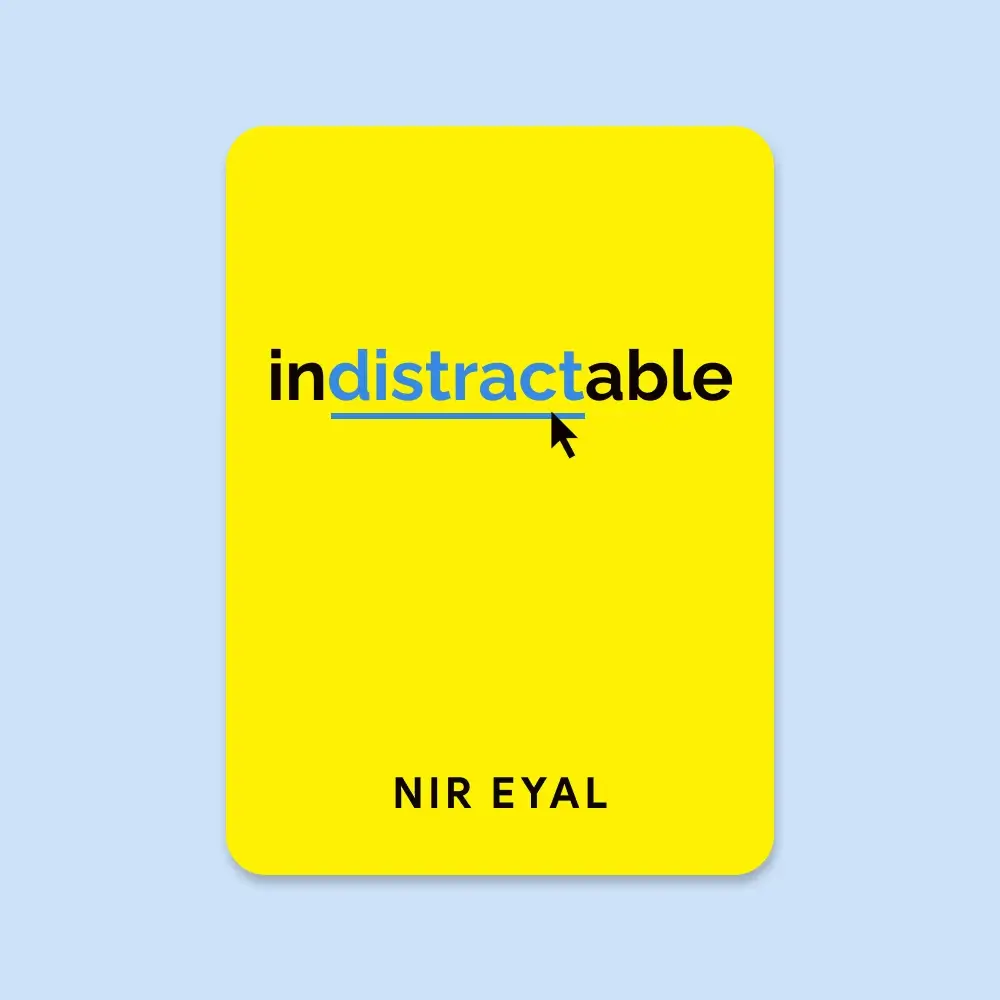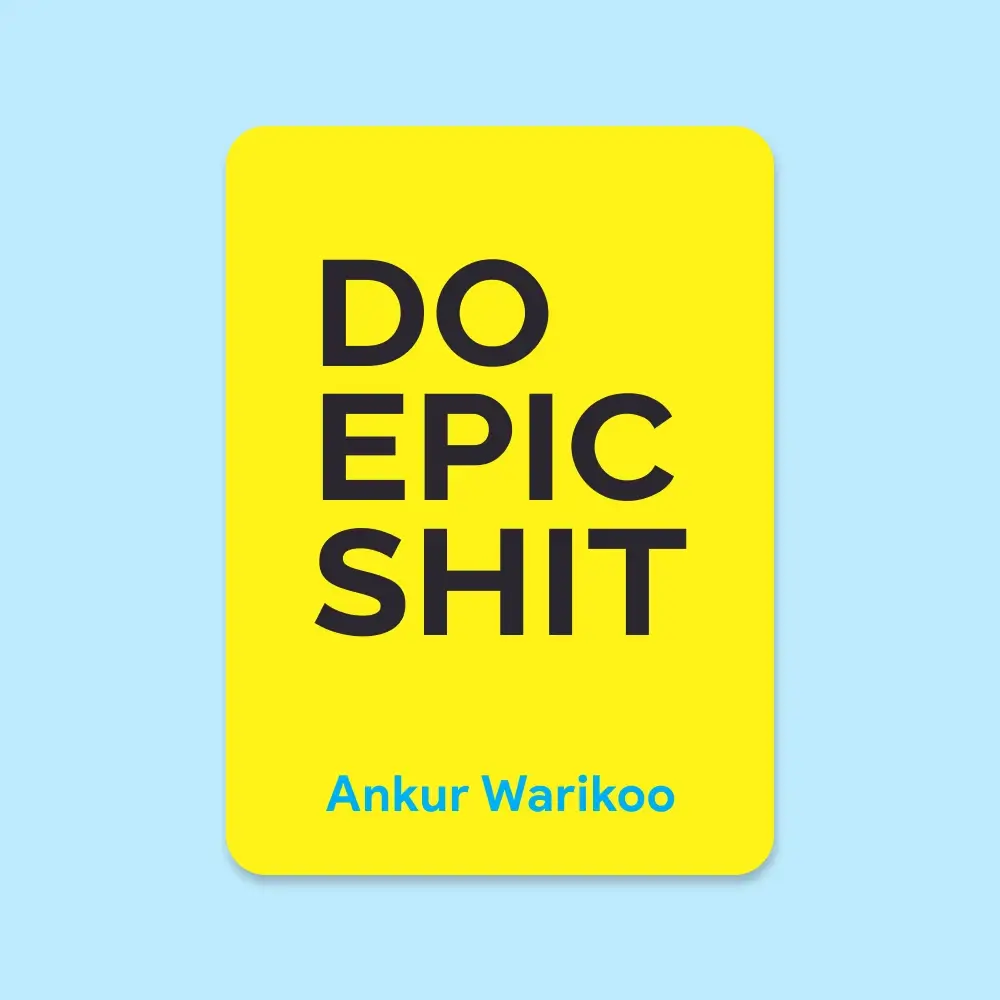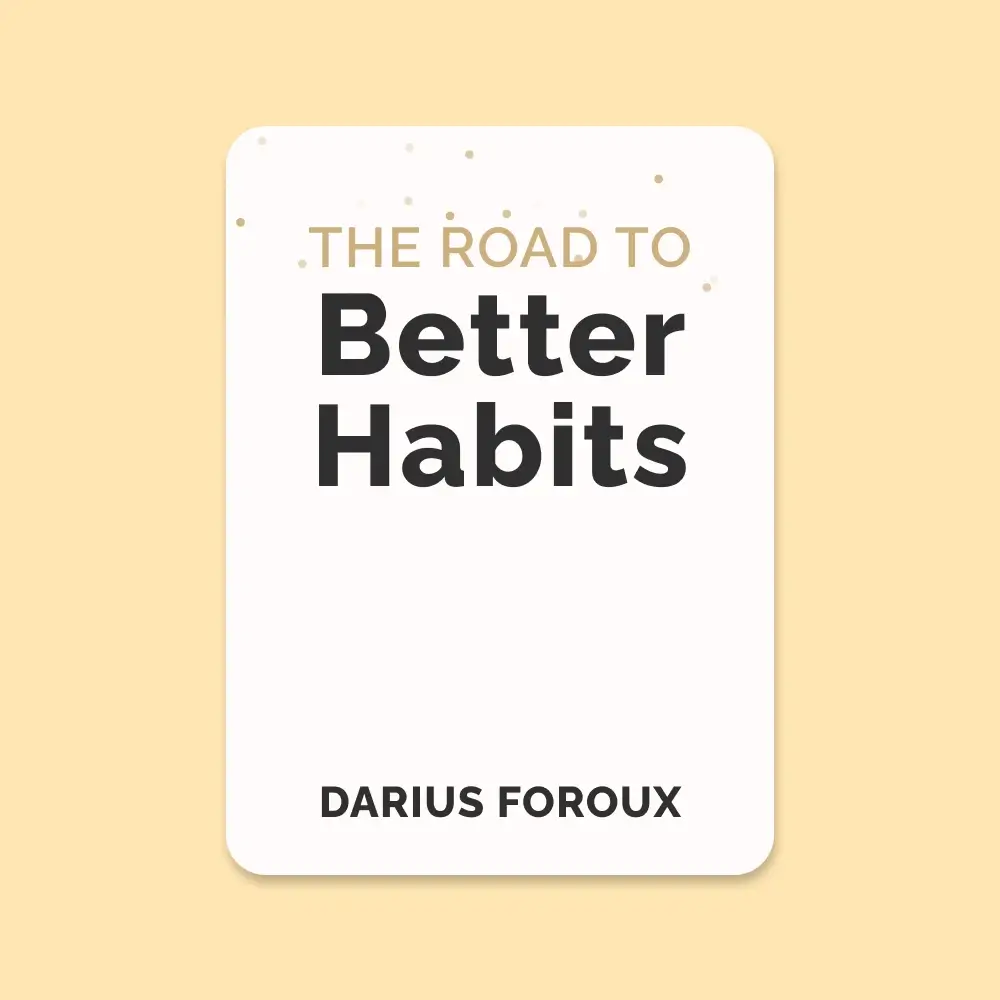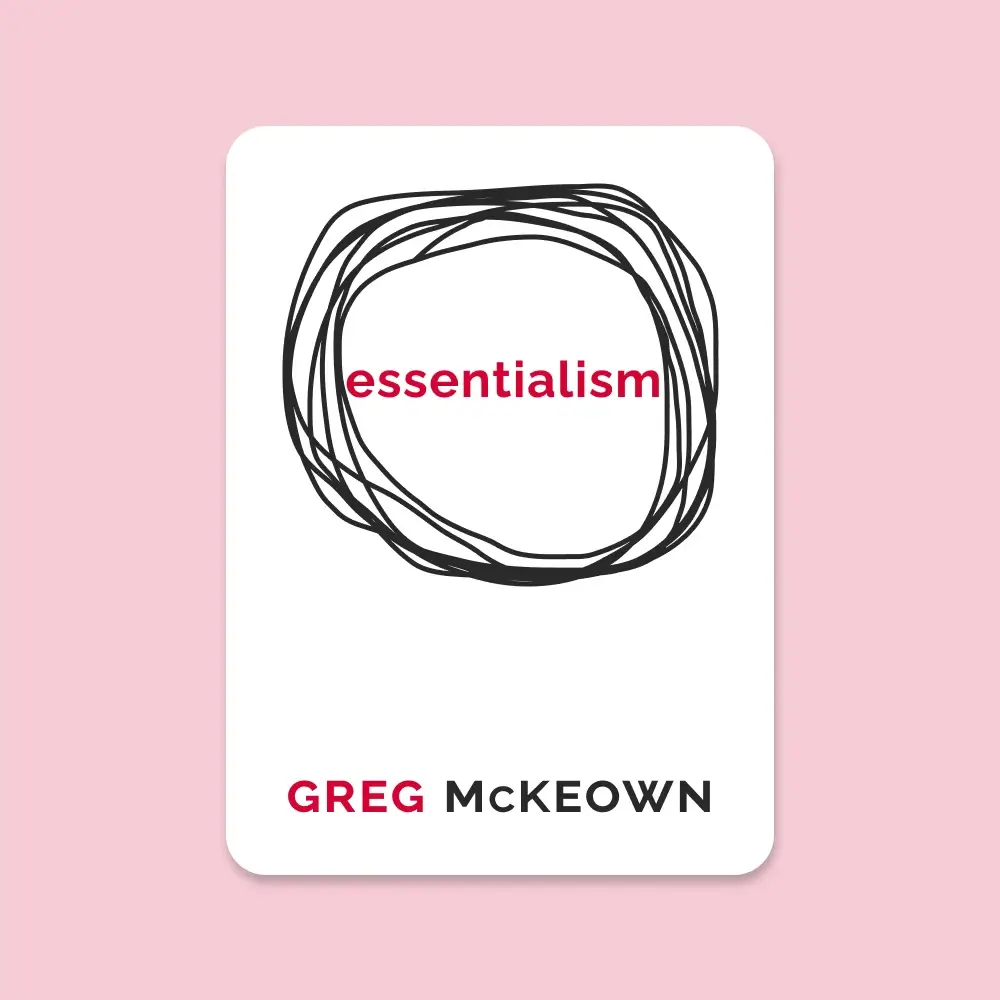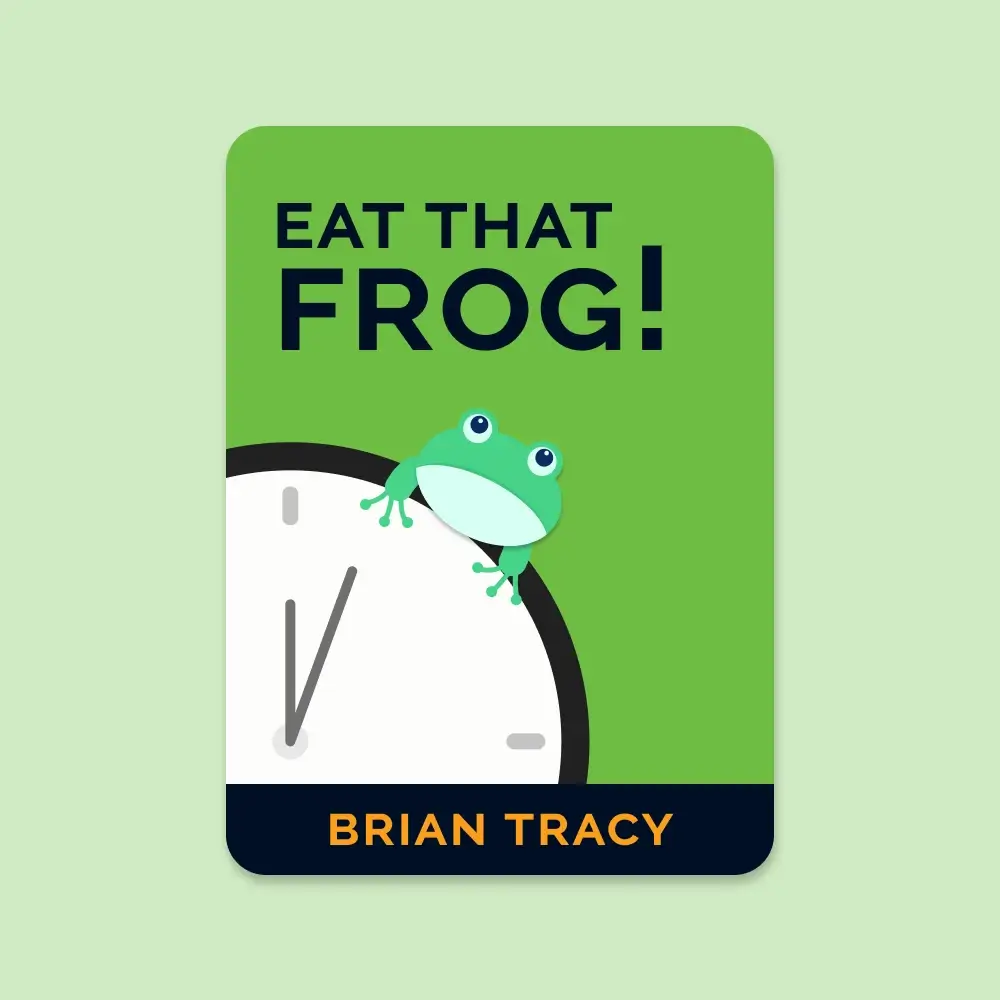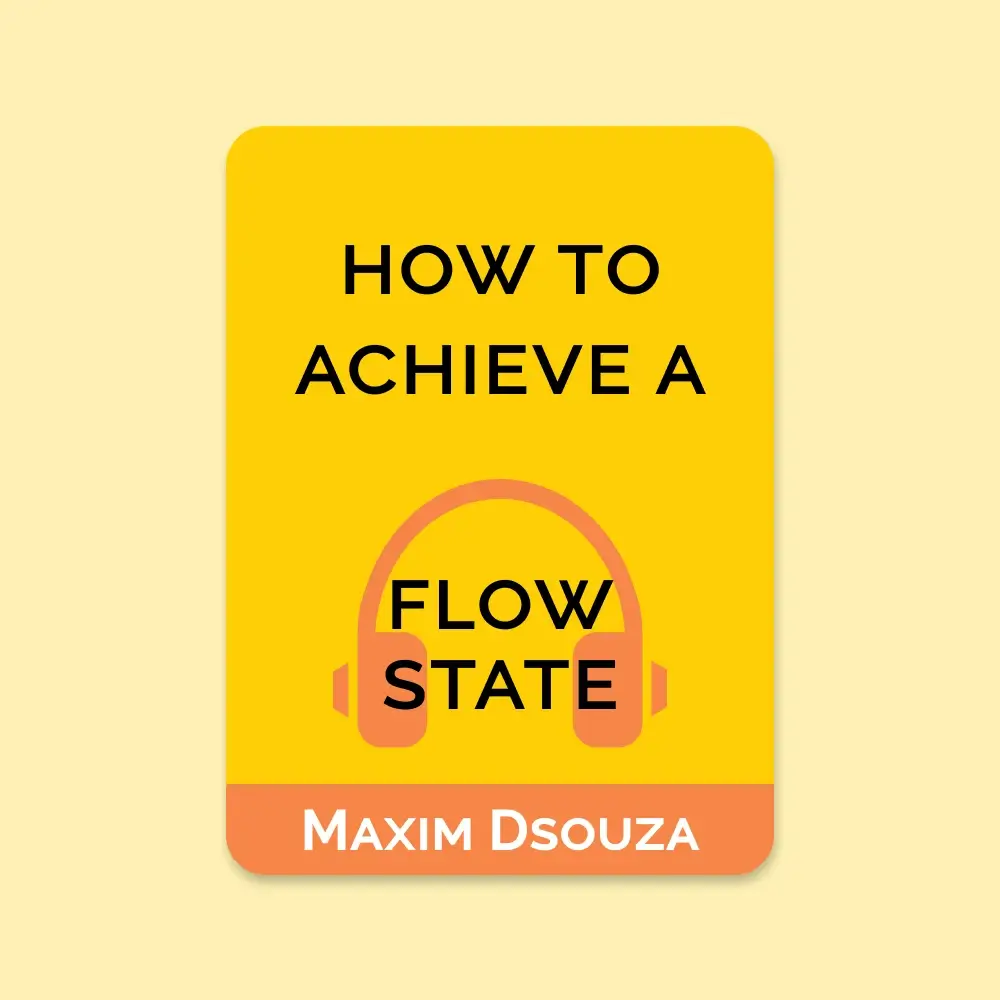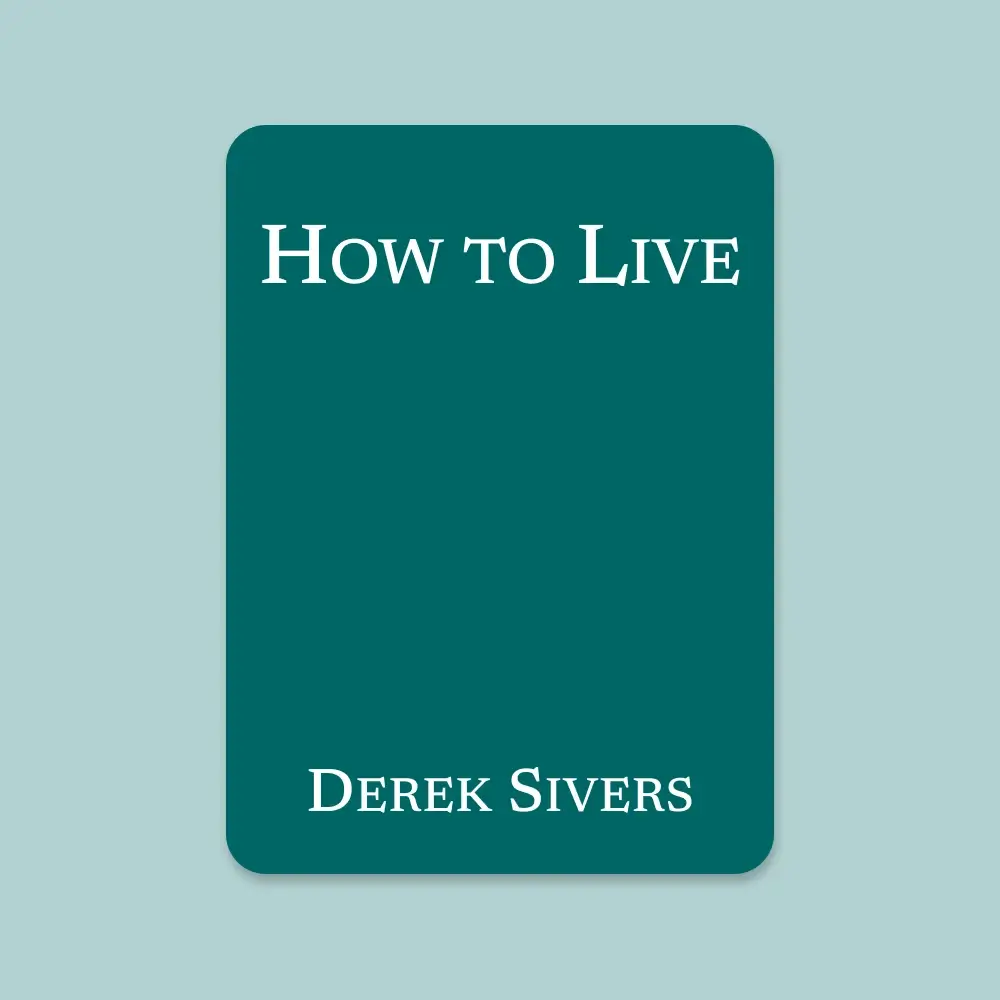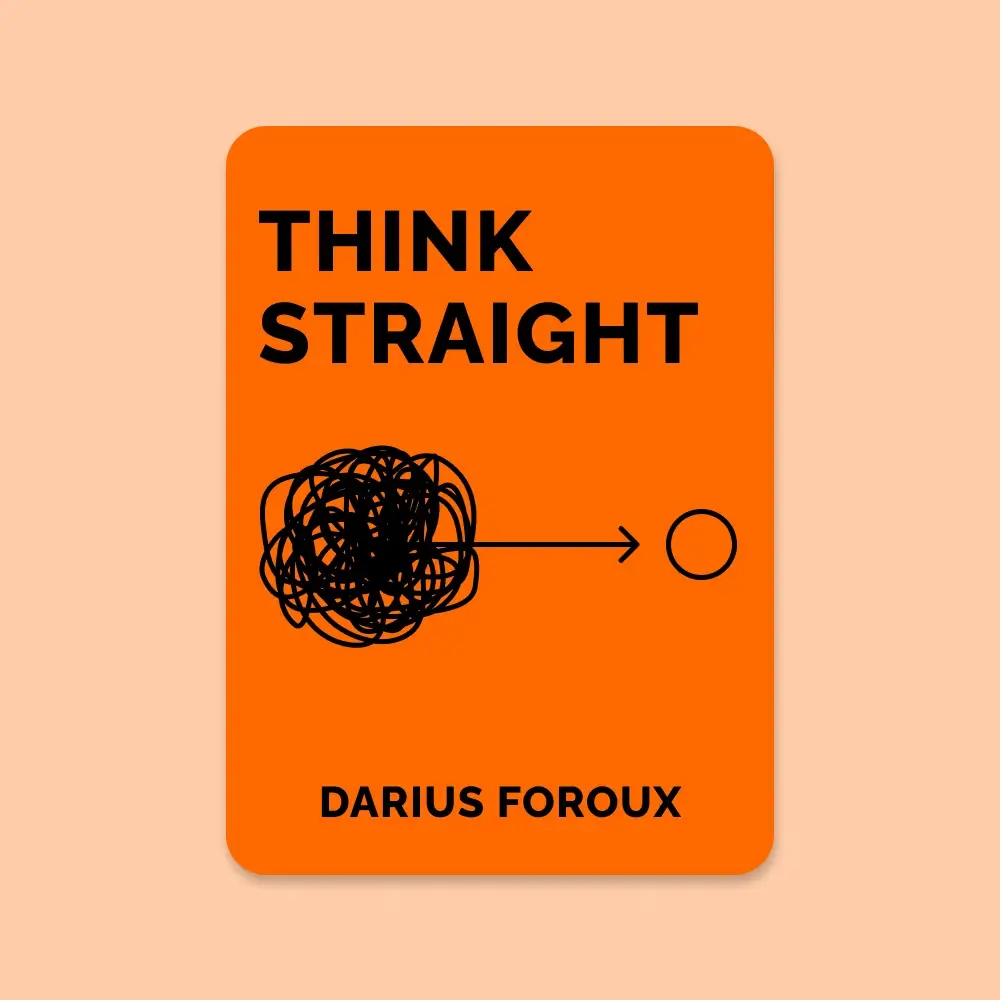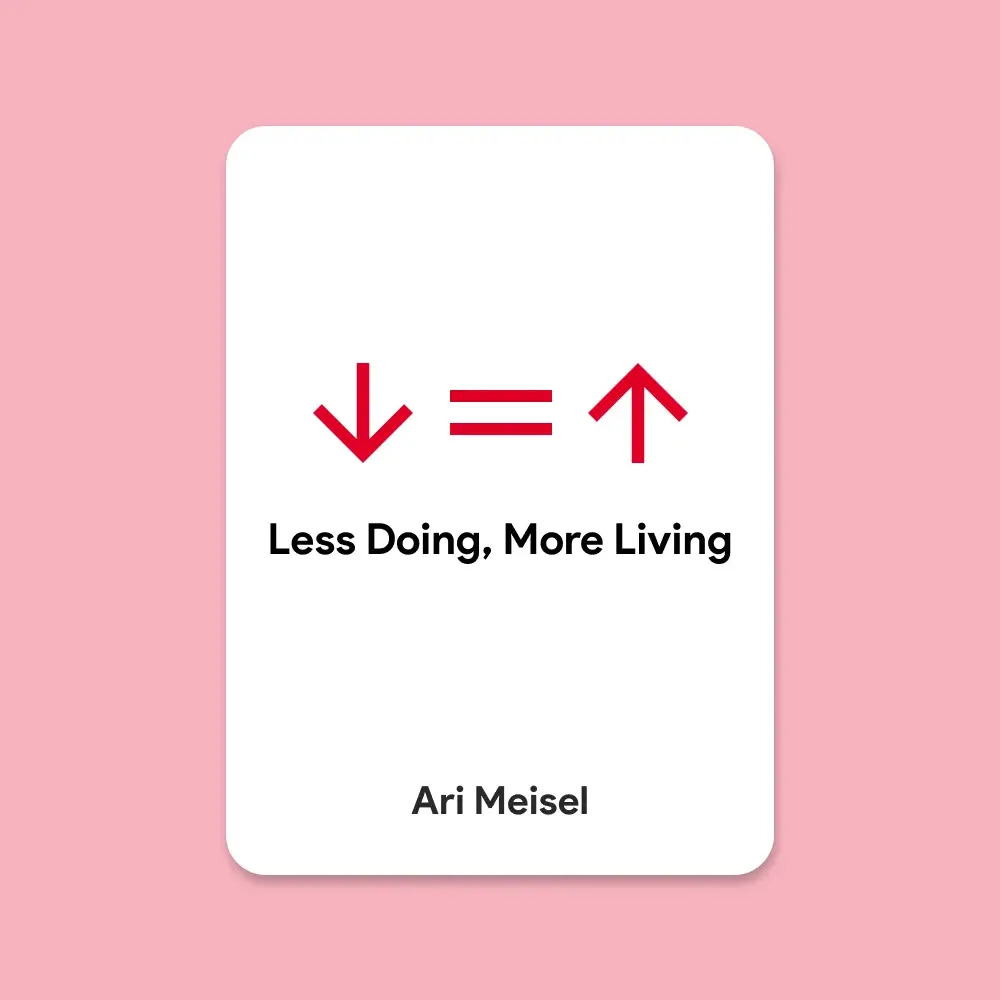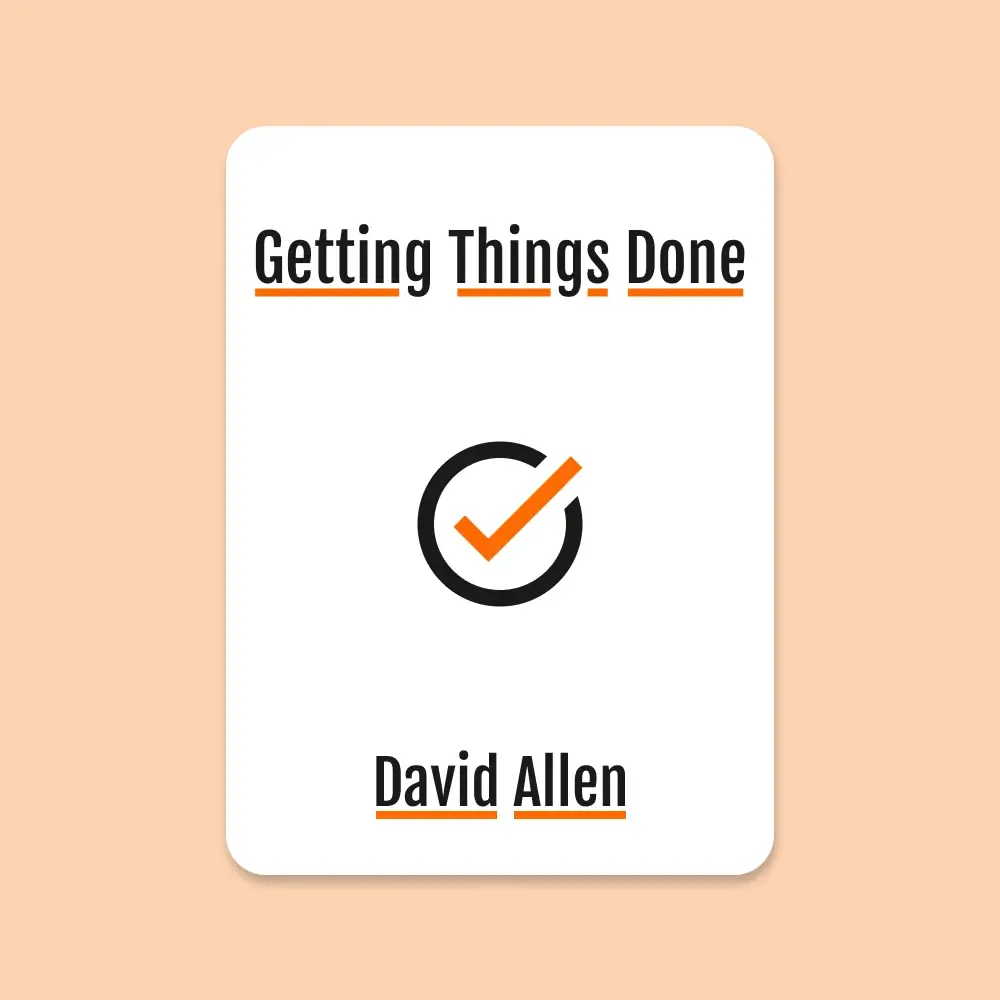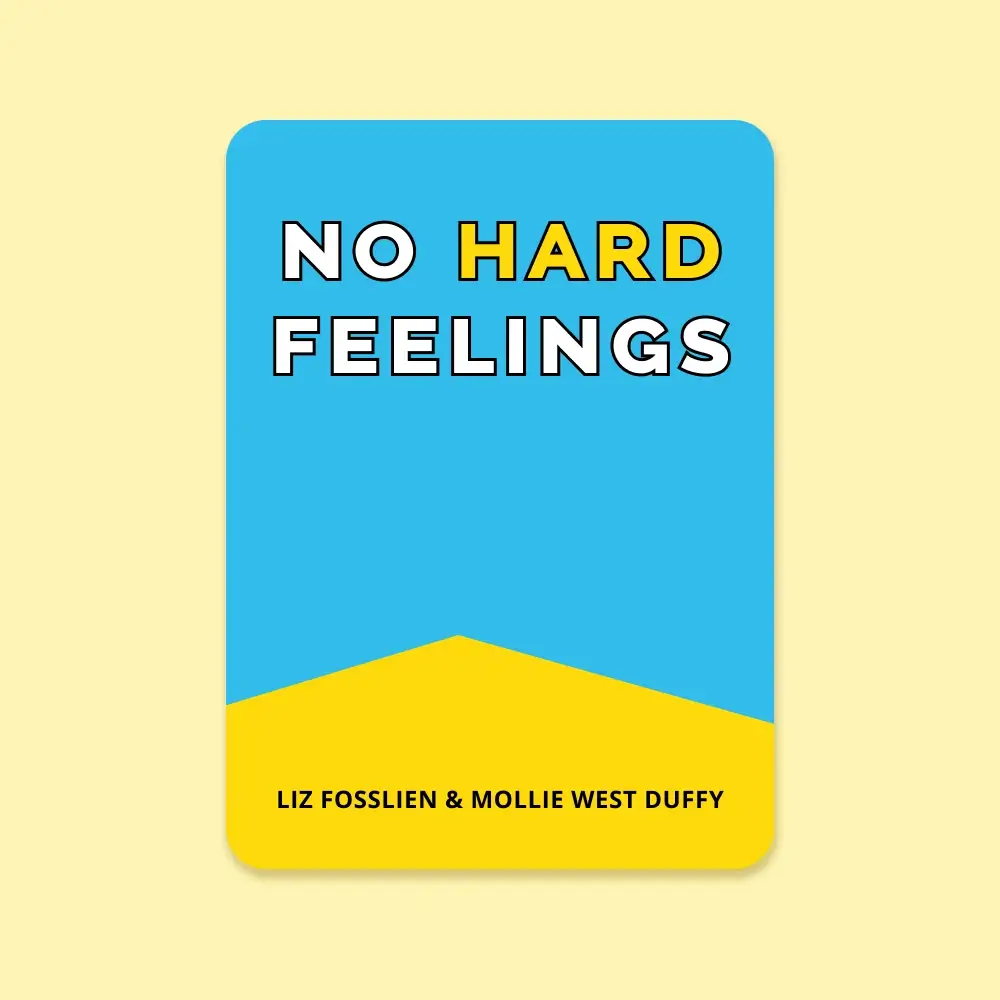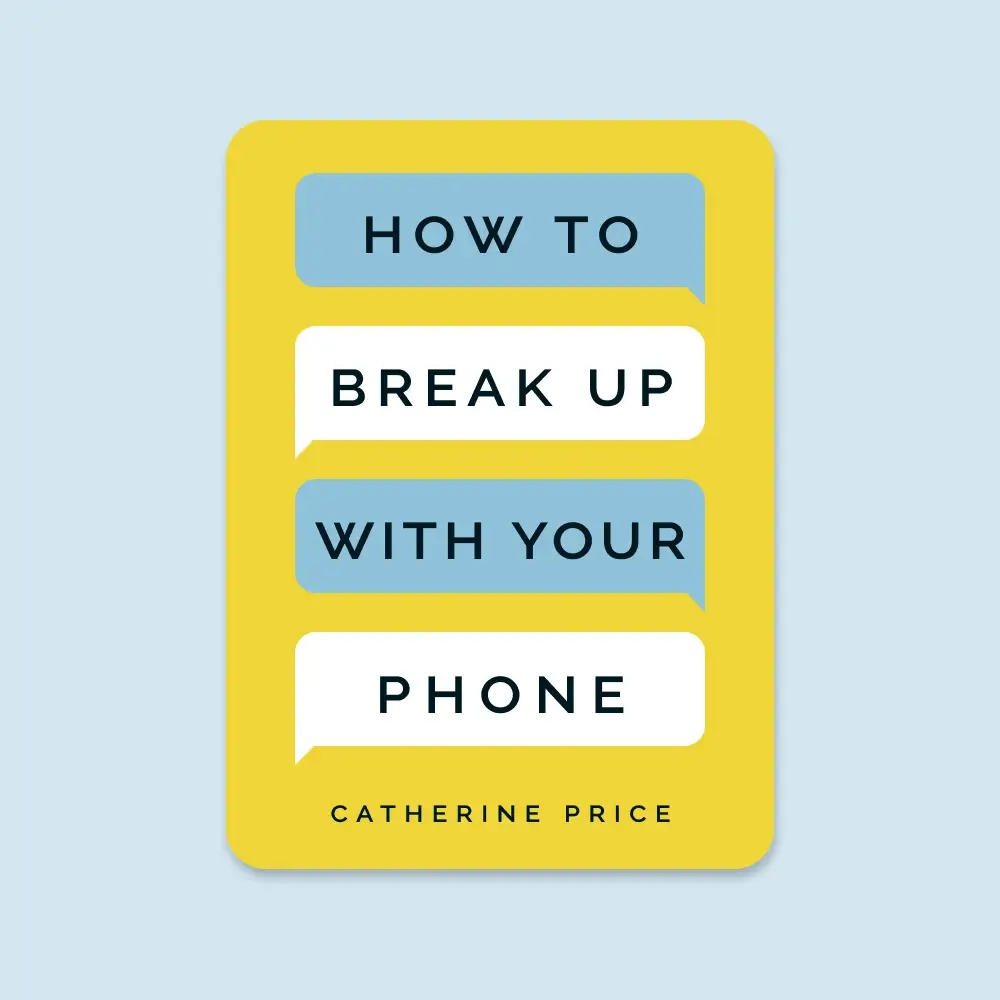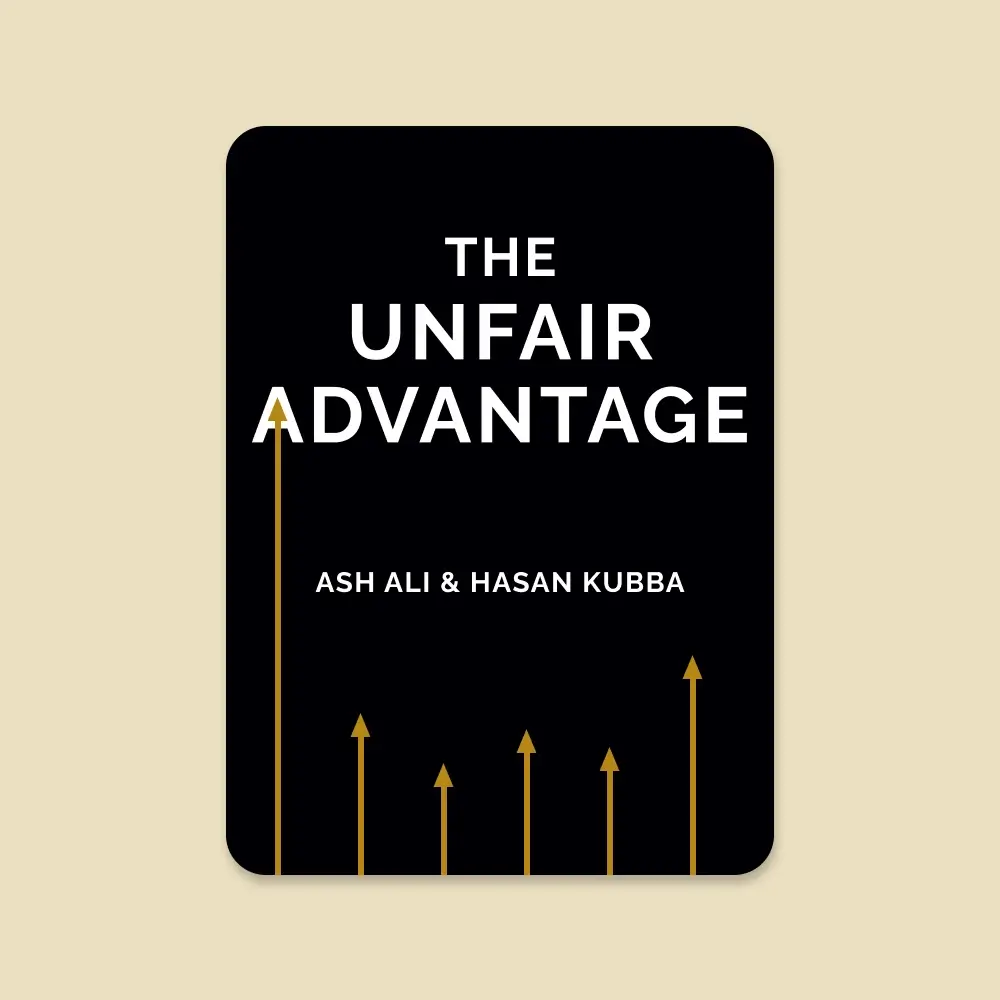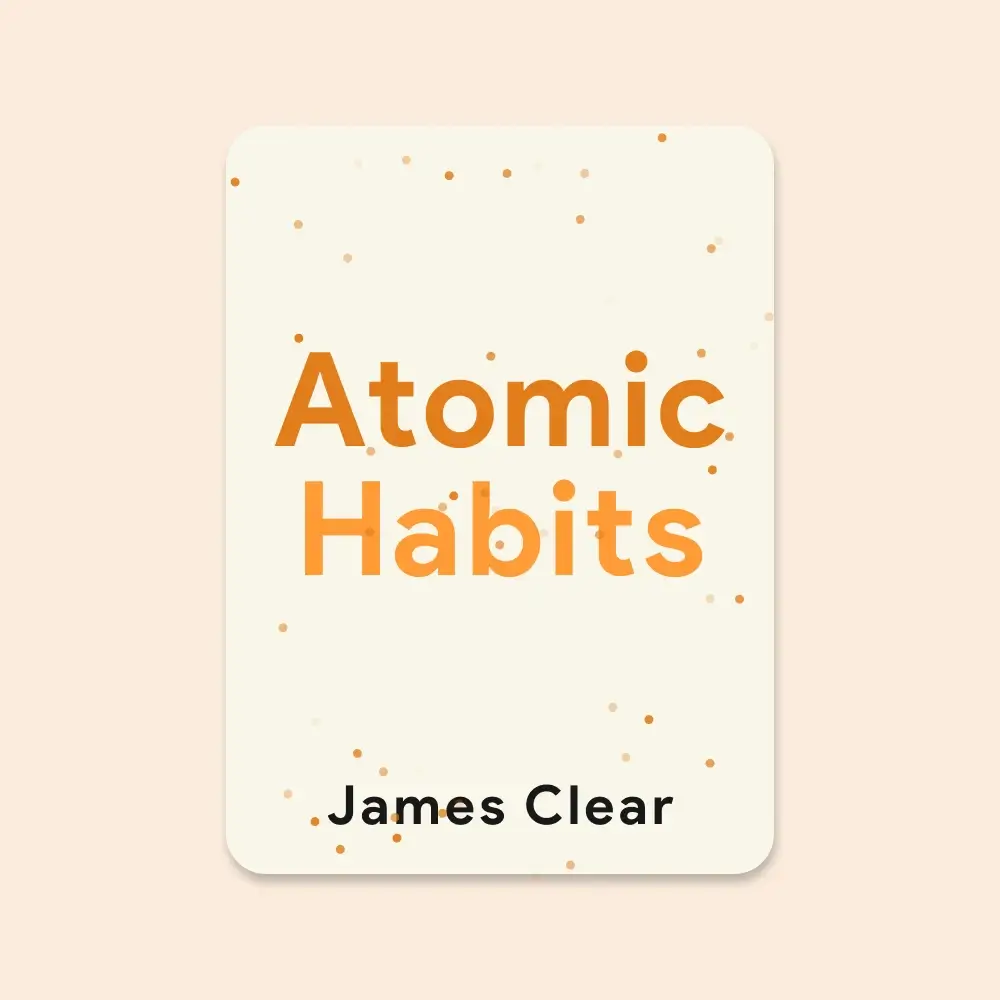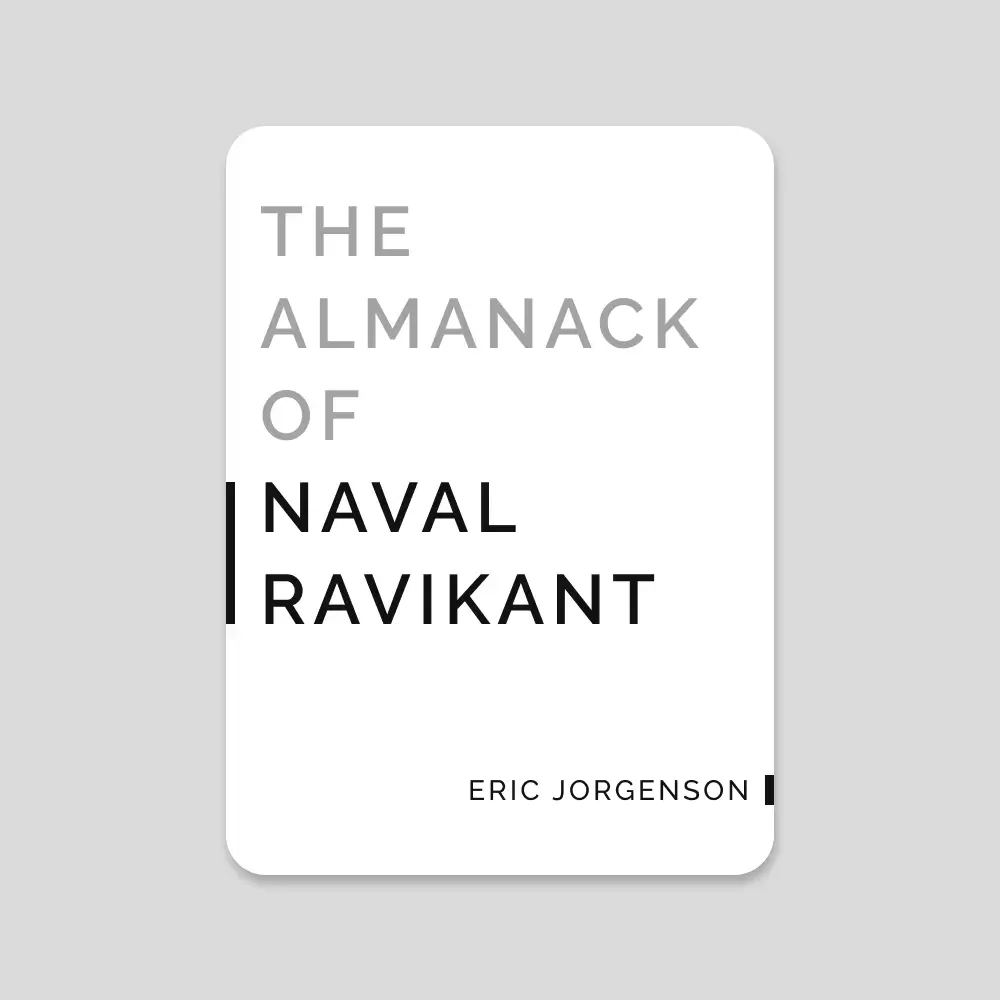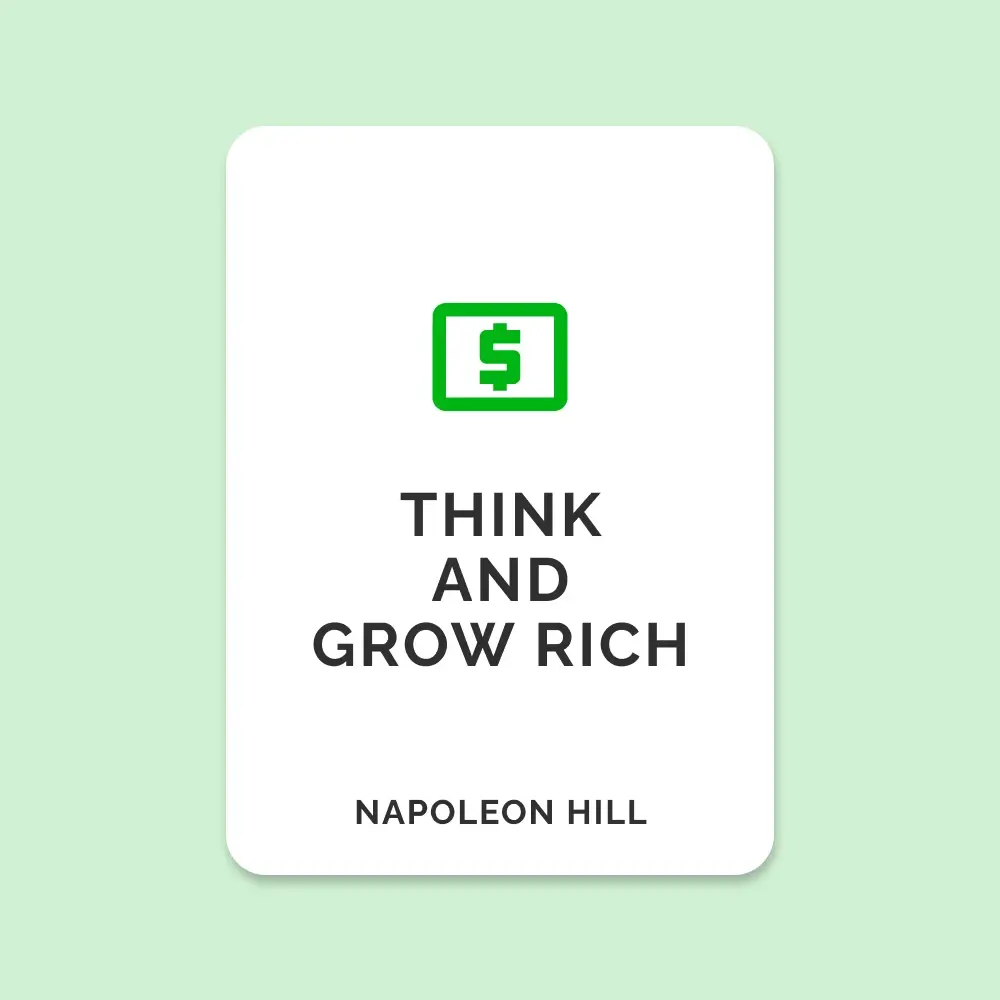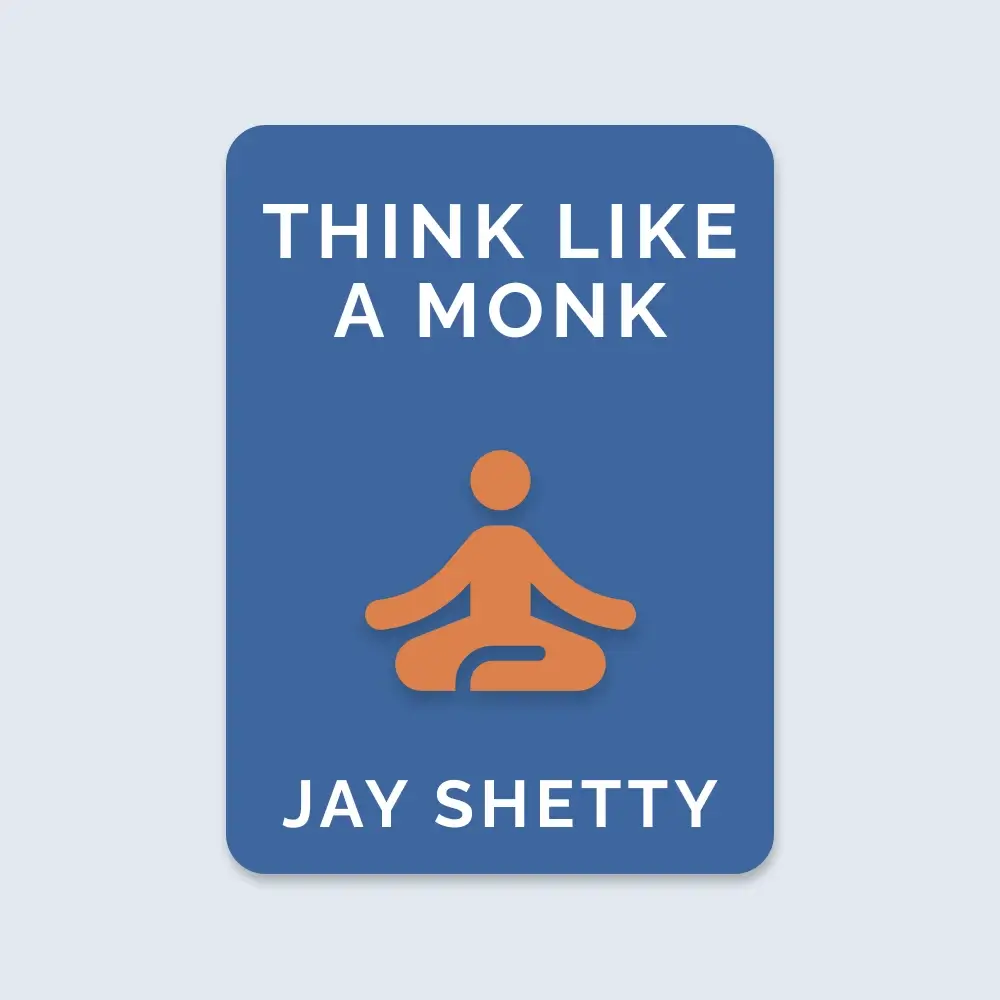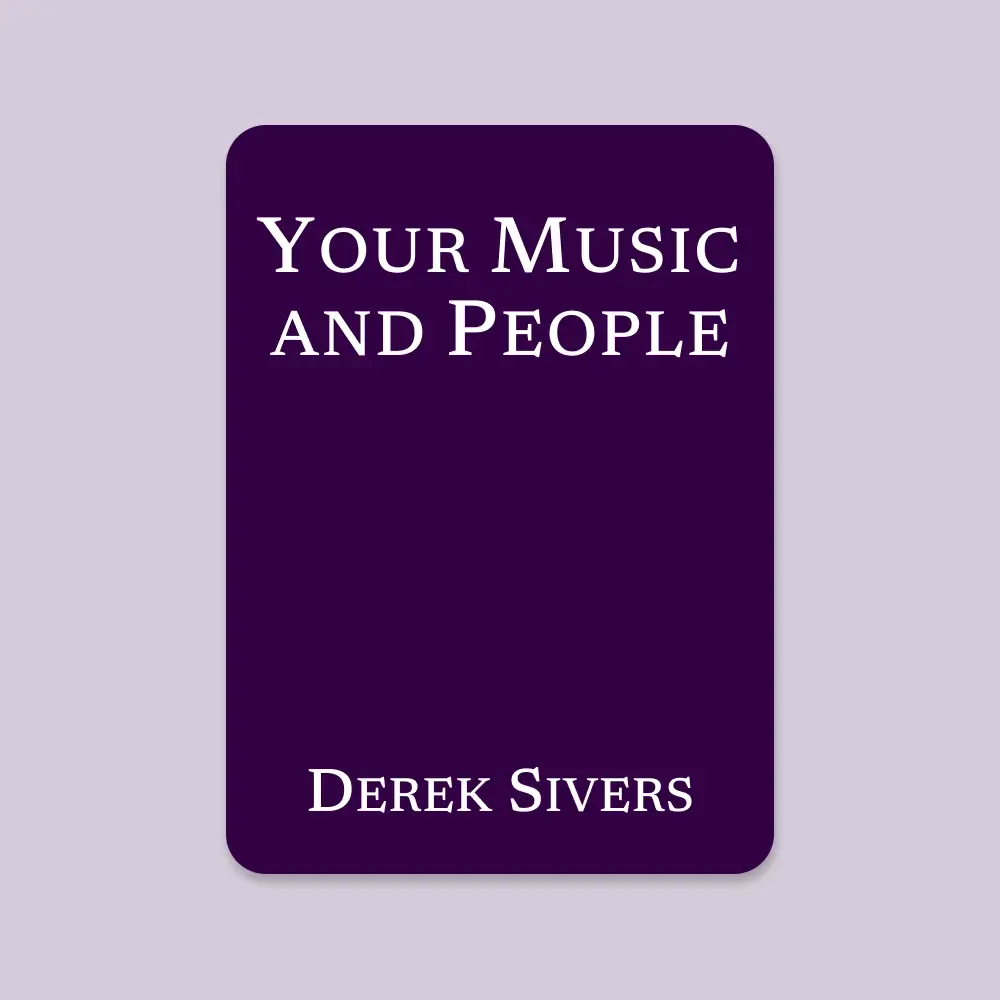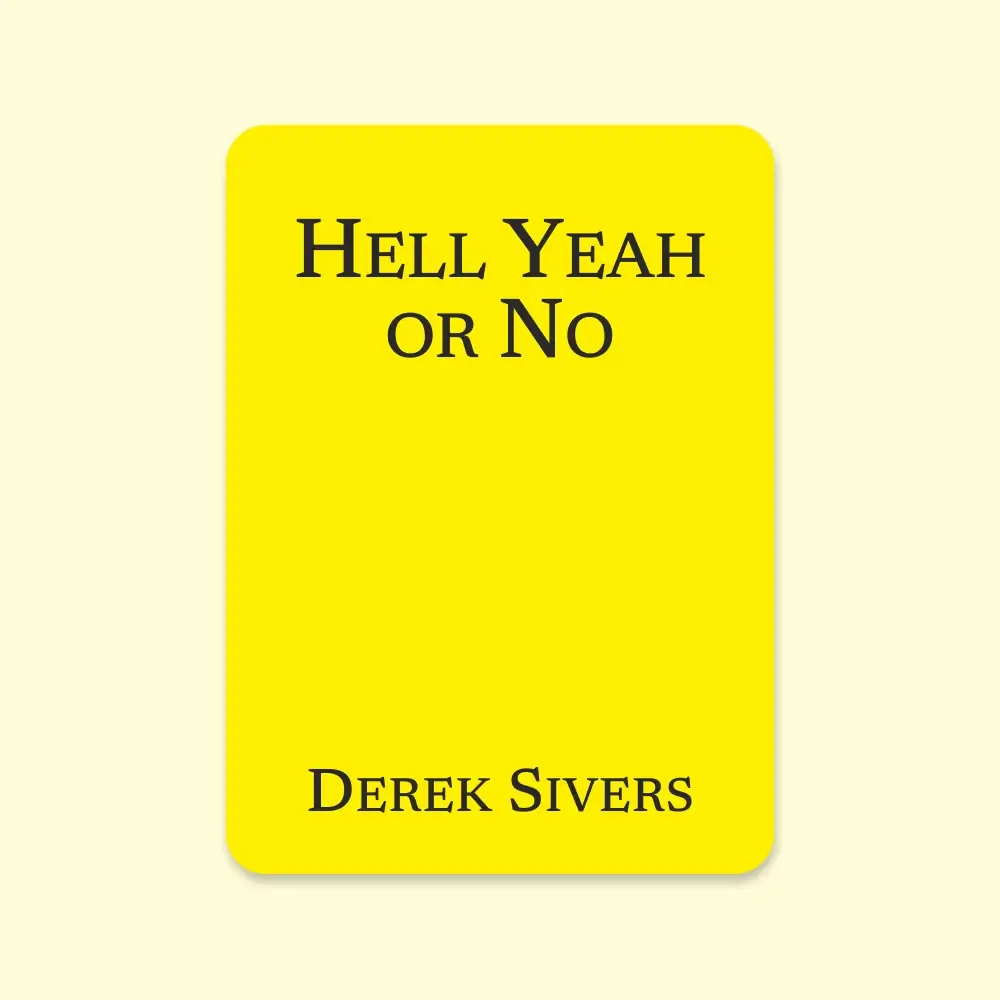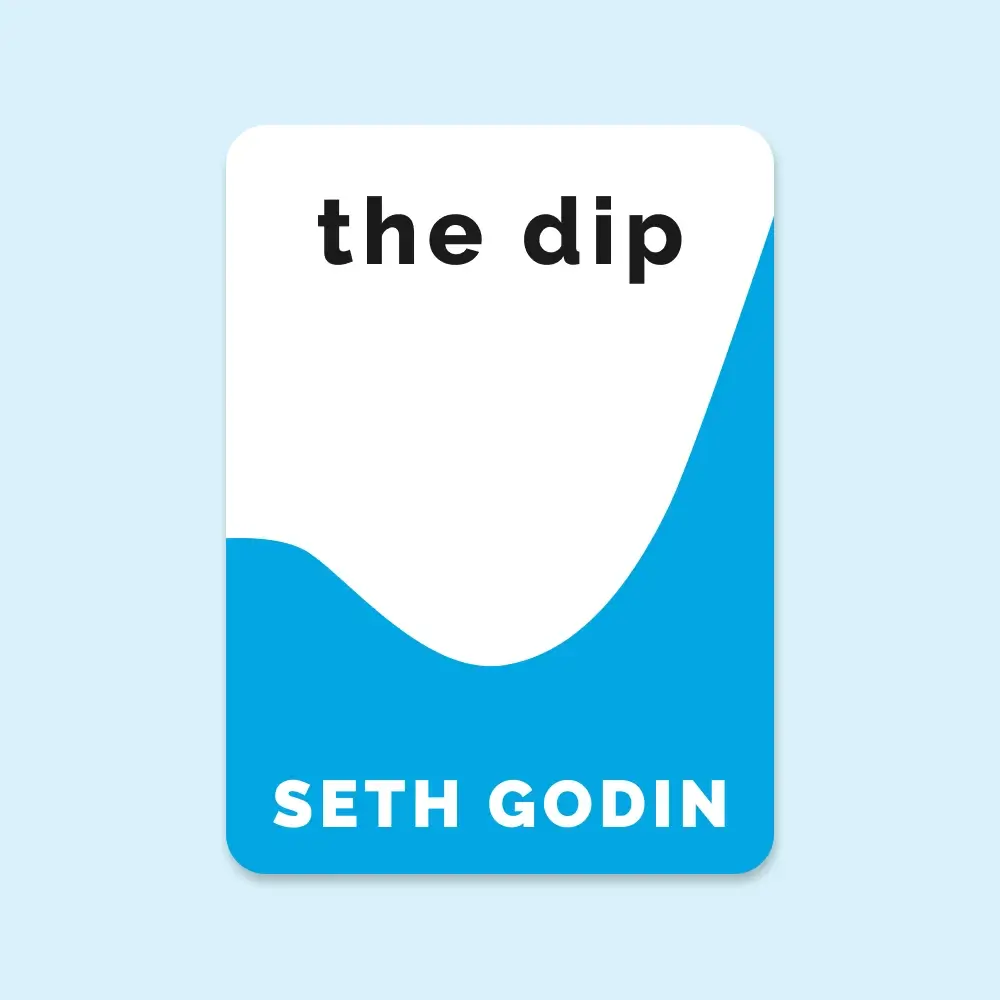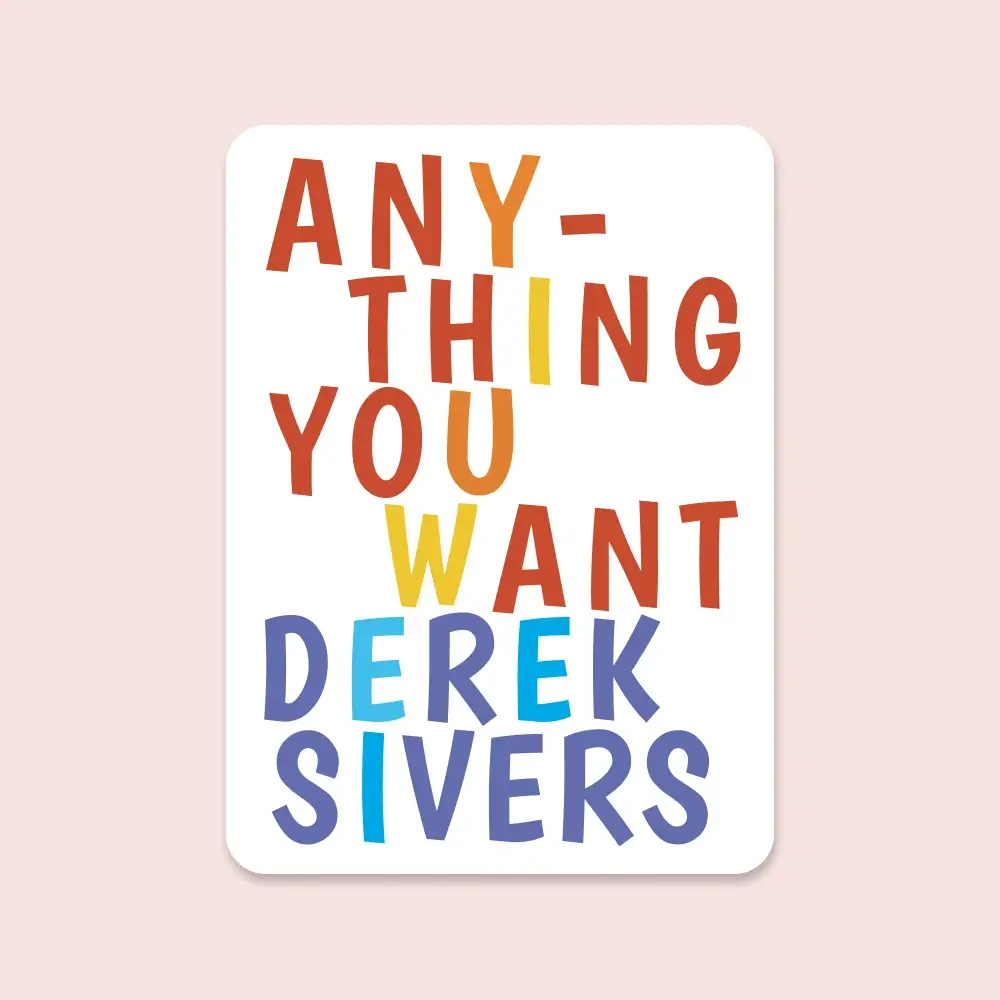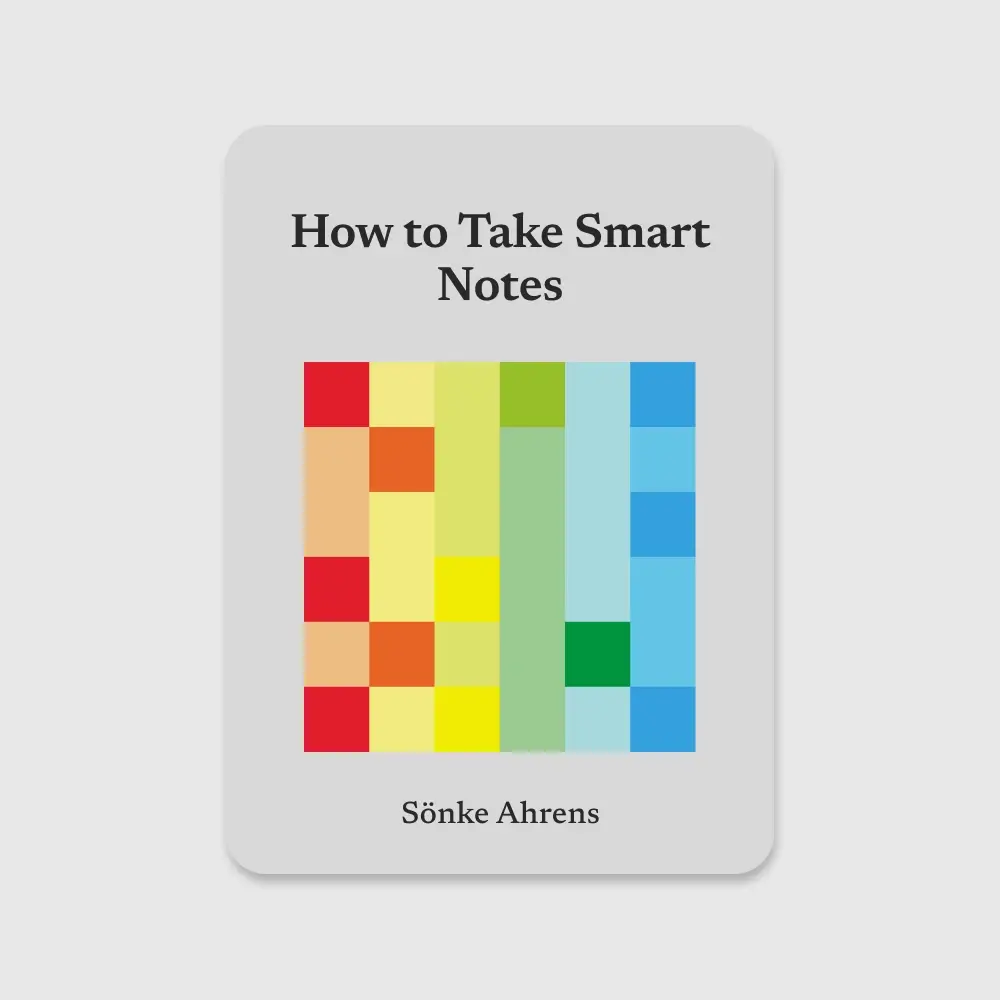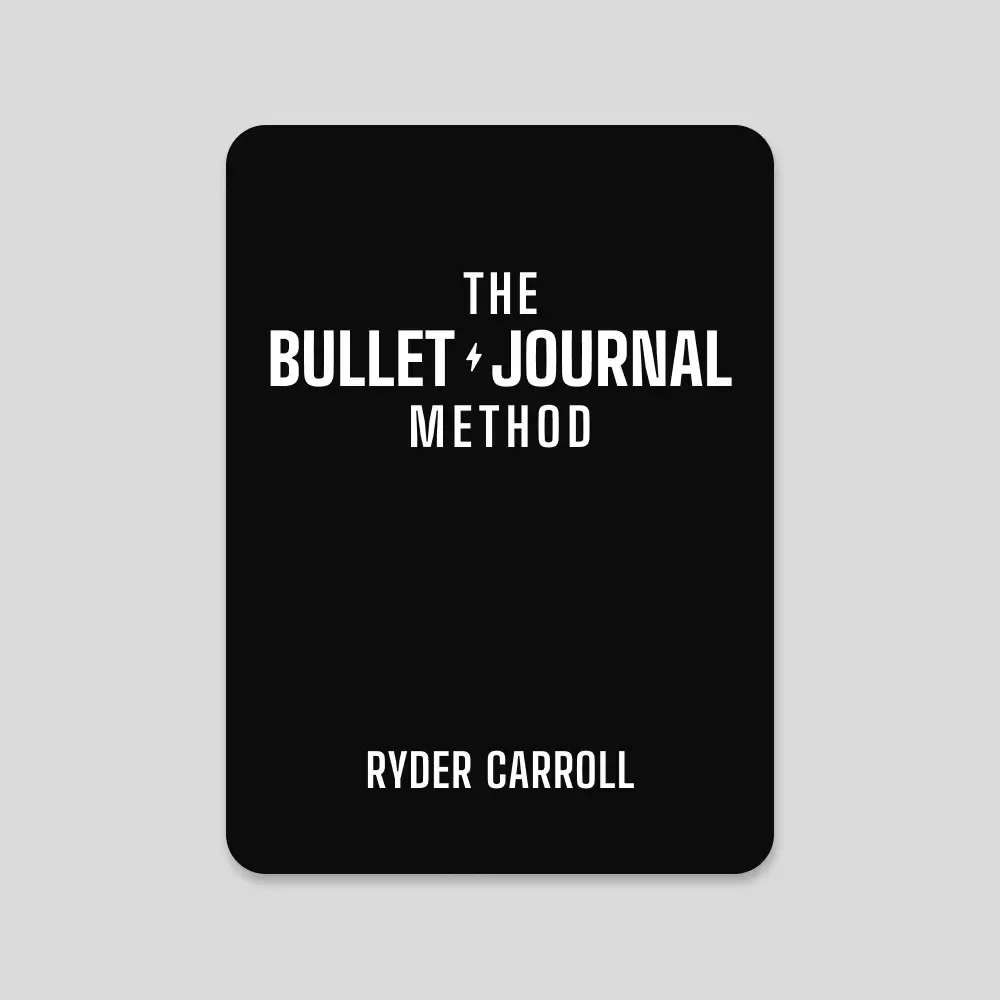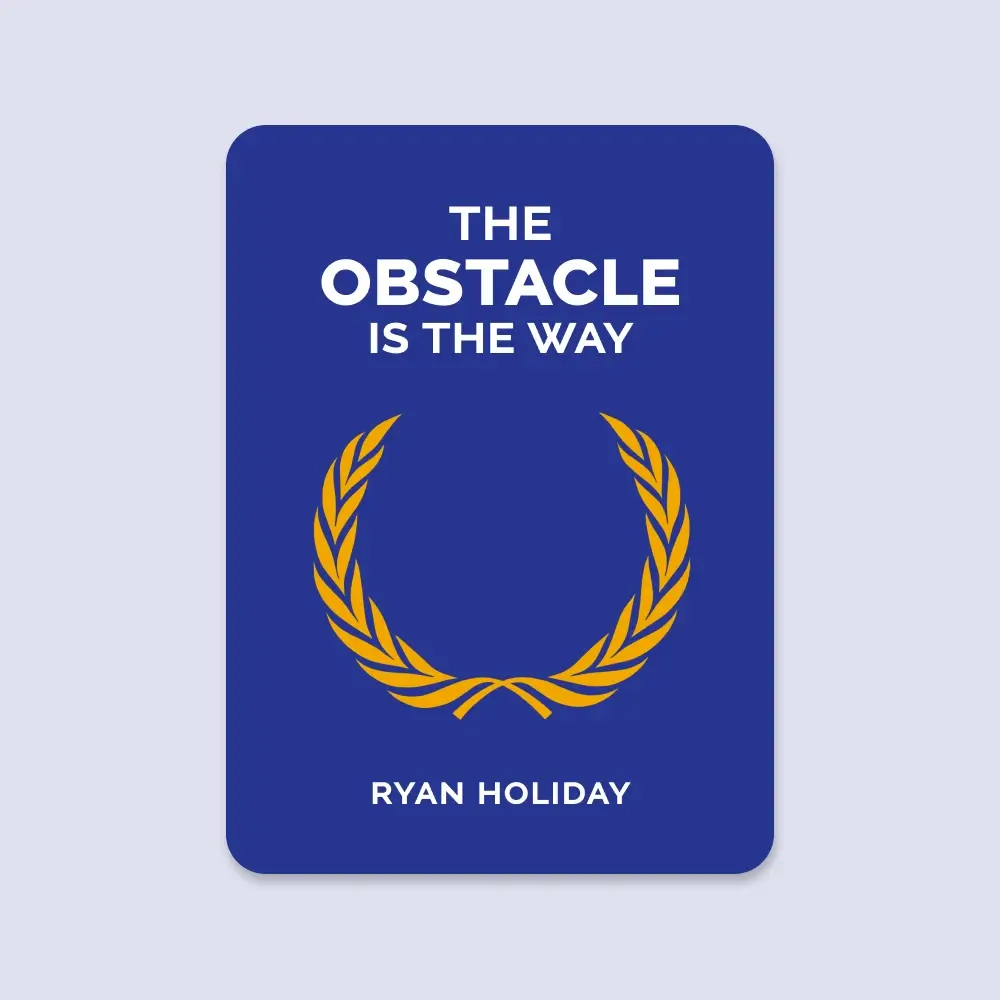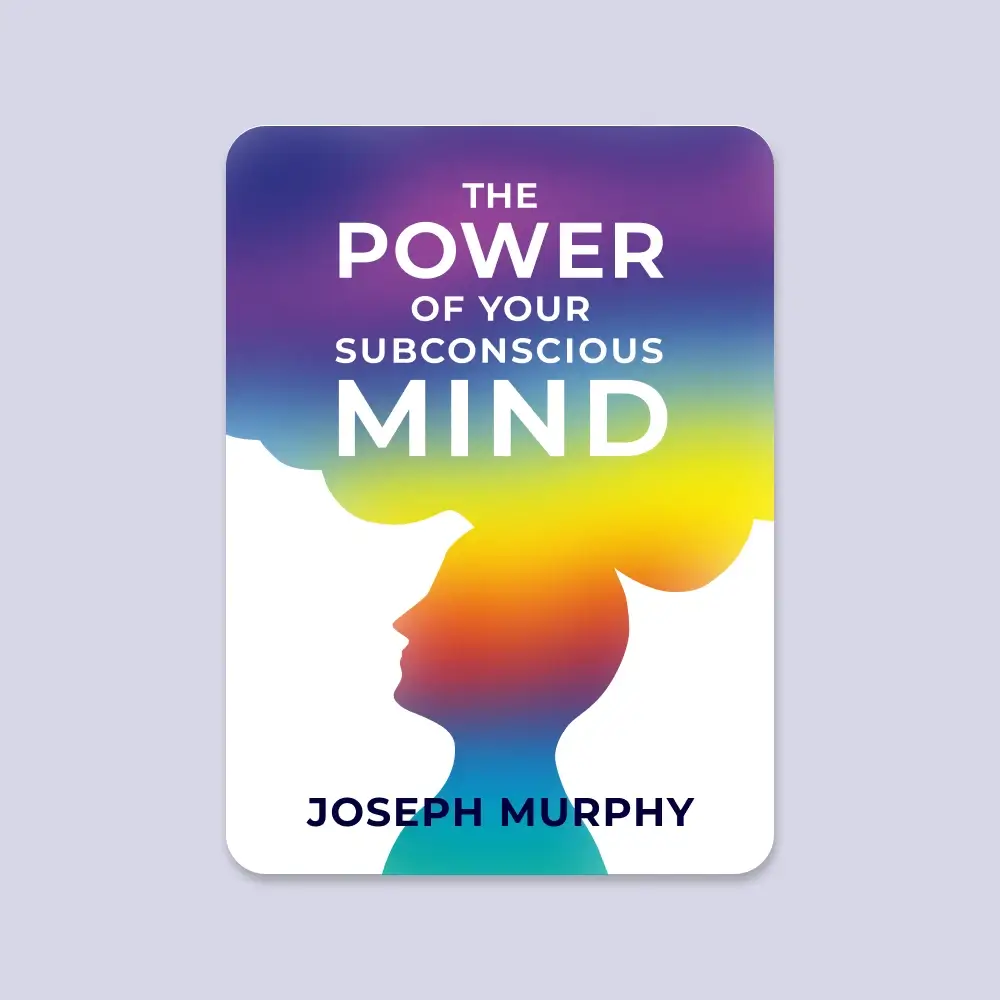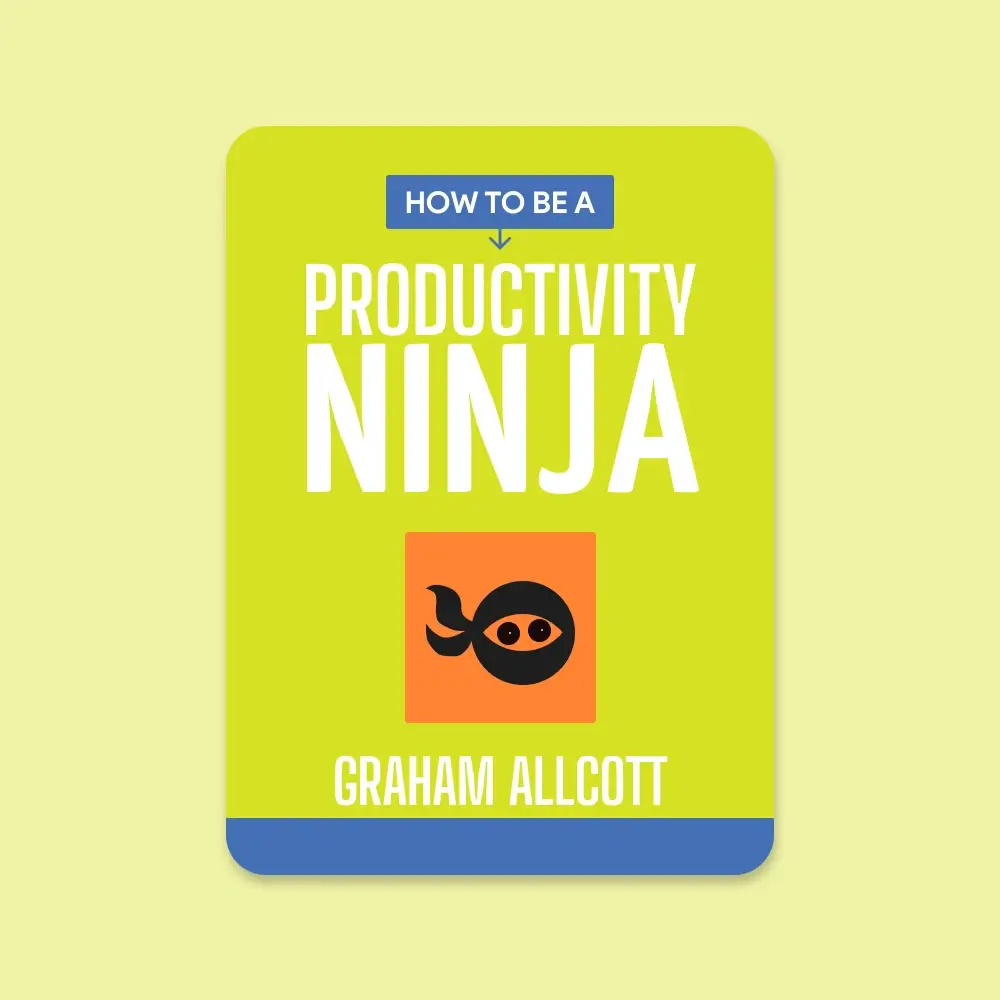
How to Be a Productivity Ninja
🎯 Productivity is not busyness - Being busy isn’t the goal. Focus on effectiveness, planning, and clear purpose.
🧠 Build a second brain - Get info out of your head and into a trusted system. Your mind’s for ideas, not storage.
📥 Your inbox ≠ your to-do list - Don’t check emails mindlessly. Decide, act, or move every message forward.
⚡ Use the 2-minute rule - If it takes under 2 minutes, do it now. Clear small tasks to maintain momentum.
🧘 Control, not chaos - You won’t do everything. Choose what matters. Drop what doesn’t.
🛑 Learn to say no - Protect your time and energy. Saying yes to everything kills productivity.
📦 Use systems, not willpower - Good systems reduce decision fatigue. If your system fails, rethink it.
🔁 CORD method: Capture, Organize, Review, Do - The foundation of relaxed control. Don’t trust your memory—trust your method.
🚶 Movement resets your mind - A walk or deep breaths freshens perspective. Refresh your brain to regain focus.
📊 What gets measured gets managed - Track what matters. Clarity breeds action.
📴 Tame your tech - Social media = dopamine addiction. Turn off notifications. Use tech, don’t let it use you.
🧠 Deep thinking requires space - Create time to think clearly. Distraction is your enemy.
🧩 Meetings need structure - Use the 40–20–40 rule: prep 40%, meet 20%, follow through 40%.
🎨 Progress > perfection - Perfect is the enemy of done. Celebrate accidents. Ship your work.
💬 Give full attention - The greatest gift is presence. Eliminate distraction and listen deeply.
🧱 Think from within - True productivity starts inside. Simplify, reflect, and act with intention.
‘Being busy does not always mean real work. The object of all work is production or accomplishment and to either of these ends there must be forethought, system, planning, intelligence and honest purpose, as well as perspiration. Seeming to do is not doing.’ – Thomas Edison
‘We must be willing to get rid of the life we’ve planned so as to have the life that is waiting for us.’ – Joseph Campbell
‘Simplicity is the ultimate sophistication.’ – Leonardo da Vinci
- Great decision-making comes from the ability to create the time and space to think rationally and intelligently about the issue at hand.
‘The mind is for having ideas, not for holding them.’ – David Allen
-
Be sure that you’re not forgetting important items by keeping all of your support information in a system, not in your head. Be sure that you’re not distracted and stressed by what you could be forgetting – by using a ‘second brain’ instead of your own head as the place where information and reminders live.
-
You need to have trust that whatever systems you use will work.
-
Realize that you’ll never get everything done. That’s not the game any more. Be safe in the knowledge that you’re in control, selecting the right things to do, and that you’re doing as much as one human being possibly can, and you will find a way through it.
‘A tidy desk is a tidy mind.’
- Make it your mission to perfect the art of saying ‘No’ to yourself and to others.
‘Begin with the end in mind.’ – Stephen Covey
‘Joining a Facebook group about productivity is like buying a chair about jogging.’–Merlin Mann
‘Opportunity is missed by most people, because it is dressed in overalls and looks like work.’– Thomas A. Edison
‘Life is really simple, but we insist on making it complicated.’– Confucius
‘The best brewer sometimes makes bad beer.’– German proverb
‘The greatest weapon against stress is our ability to choose one thought over another.’– William James
- You ‘work to live, not live to work’,
‘Anxiety is caused by a lack of control, organization, preparation, and action.’– David Kekich
‘I am an old man and have known a great many troubles, but most of them never happened.’–Mark Twain
- Dealing with change is largely difficult because it requires a period of us losing control and having to readjust. However, change also brings with it new habits or processes to learn, time-consuming things that make the easy stuff difficult again for a period while we get to grips with doing things a different way.
‘The greatest mistake you can make in life is to be continually fearing you will make one.’–Elbert Hubbard
‘Stress is an ignorant state. It believes that everything is an emergency. Nothing is that important. Just lie down.’– Natalie Goldberg
‘Productivity is never an accident. It is always the result of commitment to excellence, intelligent planning and focused effort.’– Paul J. Meyer
‘Thinking is the hardest work there is, which is the probable reason so few engage in it.’– Henry Ford
- Get outside and go for a quick walk. The fresh air in your lungs, the movement and the changes in sights, sounds, smells and thought patterns will awaken you again for the next little while. If you can’t get outside, simply open a window and take some deep breaths of fresh air, with five minutes just to admire the view and notice your surroundings. Such time to ‘just be’ is precious and again, it’ll awaken the senses and switch your attention back into gear.
‘In times of life crisis, whether wildfires or smoldering stress, the first thing I do is go back to basics … am I eating right, am I getting enough sleep, am I getting some physical and mental exercise every day.’– Edward Albert
‘What gets measured gets managed.’– Peter Drucker
-
Your inbox is not your to-do list.
-
Every time you open your inbox, your mindset is not to check what’s new, but to make the decisions and create the momentum needed to move those emails to where they need to get to. You can only get it out of your inbox if every option you need has an obvious next step – otherwise your mind will do what it probably does now and say, ‘Err, not sure where that goes.
-
Anything that can be fired off in less than two minutes should be dealt with as you see it.
-
Capture and Collect, Organize, Review and Do –that are the cornerstone of achieving relaxed control: the CORD Productivity Model.
‘We shall require a substantially new manner of thinking if mankind is to survive.’– Albert Einstein
- For your real brain to relax, it needs to know that the second brain is taking care of all of those stressful decisions and things that need remembering.
‘Ideas come from everywhere.’– Alfred Hitchcock
‘The ancestor of every action is a thought.’– Ralph Waldo Emerson
- To capture our thoughts and ensure they’re in our trusted second brain is usually all that is needed to finish the thinking and move us back on to focused delivery.
‘The best way to get a good idea is to get lots of ideas.’– Linus Pauling
- A nag is us realizing we need to give this anxiety some attention. If we subconsciously start to feel that we have the potential danger cleared, or at least under control for now, the nag will go away.
‘If I knew where inspiration came from, I would go there more often.’– Leonard Cohen
‘In my youth I stressed freedom, and in my old age I stress order. I have made the great discovery that liberty is a product of order.’– Will Durant
- As soon as you have the words, and the picture in your mind that describes what you need to do, you probably have the right words for your Master Actions List.
‘The thinker needs information – at the right moment.’– Nancy Kline
- The rule is pretty simple: anything that you decide needs to be done and that you decide can probably be completed or moved forward in less than two minutes should be done straight away instead of a reminder being added to your Master Actions List.
‘I’m not telling you it’s going to be easy; I’m telling you it’s going to be worth it.’– Art Williams
- You can fool others, but you can never fool yourself – never shirk making the tough decisions, as this act of procrastination only leads to increased nags and future stress.
‘To make knowledge productive, we will have to learn to see both forest and tree. We will have to learn to connect.’– Peter Drucker
‘Beware the barrenness of a busy life.’– Socrates
‘The ability to simplify means to eliminate the unnecessary so that the necessary may speak.’– Hans Hofmann
‘Thinking for yourself is still a radical act.’– Nancy Kline
‘Until we are distracted, solitude is a thinking environment.’– Nancy Kline
‘The realisation of the self is only possible if one is productive, if one can give birth to one’s potentialities.’– Johann Wolfgang von Goethe
‘All serious doing starts from within.’– Eudora Welty
- Perfection is a dangerous disease.
‘Real artists ship.’– Steve Jobs
‘It always seems impossible until it is done.’– Nelson Mandela
‘Nothing great was ever achieved without enthusiasm.’– Ralph Waldo Emerson
‘Let our advance worrying become advance thinking and planning.’– Winston Churchill
‘Meetings are indispensable when you don’t want to do anything.’– John Kenneth Galbraith
‘The difference between creativity and innovation in the world is the difference between thinking about getting things done in the world and getting things done.’– Michael E. Gerber (author of The E-Myth Revisited)
‘When you say “yes” to others make sure you are not saying “no” to yourself.’– Paulo Coelho
-
If you ever need to hold a meeting and you want to make it a success, use the 40–20–40 Continuum: focus 40% of your attention for each meeting on preparation and getting everything right before you meet, then 20% of your attention on the meeting itself – the time you’re all together – and then spend 40% of your attention on the follow-through.
-
Public commitments are a great way to hold people to account and ensure that everyone takes on their responsibilities.
-
What social media platforms and app-makers have managed to do over the last few years is tap into human psychology to make their products as addictive as possible. Their game is simple: more eyeballs for longer, means more funding as they scale up, and higher profits as they become the next big thing.
-
Every time we check our phones and find new emails or social media interactions, our brain releases a little hit of a chemical called dopamine. It’s a neurotransmitter, focused on desire, reward and happiness. And it’s highly addictive.
-
Have you ever had the sudden urge to check your phone when you haven’t done for a while, or felt anxious when you didn’t know where your phone was or when the battery died? The reason is because you’re suffering withdrawal from dopamine. If you hear the ping, or see a notification, your brain knows there’s a dopamine hit to be had if only you just go and check it. Your brain even releases cortisol, the stress hormone, if you don’t immediately act on it.
‘The thought process was: “How do we consume as much of your time and conscious attention as possible?”’– Sean Parker, ex‑president of Facebook
- The hardest but most valuable thing you can do for another human is truly give them your fullest attention, in the moment.
‘You don’t need more genius. You need less resistance.’– Seth Godin
-
Avoid perfection at all costs as it can seriously stifle positive momentum.
-
We should celebrate accidents. Remember that over the centuries, accidents have led us to the discovery of the force of gravity, some of our most amazing pieces of music, new foods and recipes and a thousand things that fill our worlds, and our work, with wonder.
